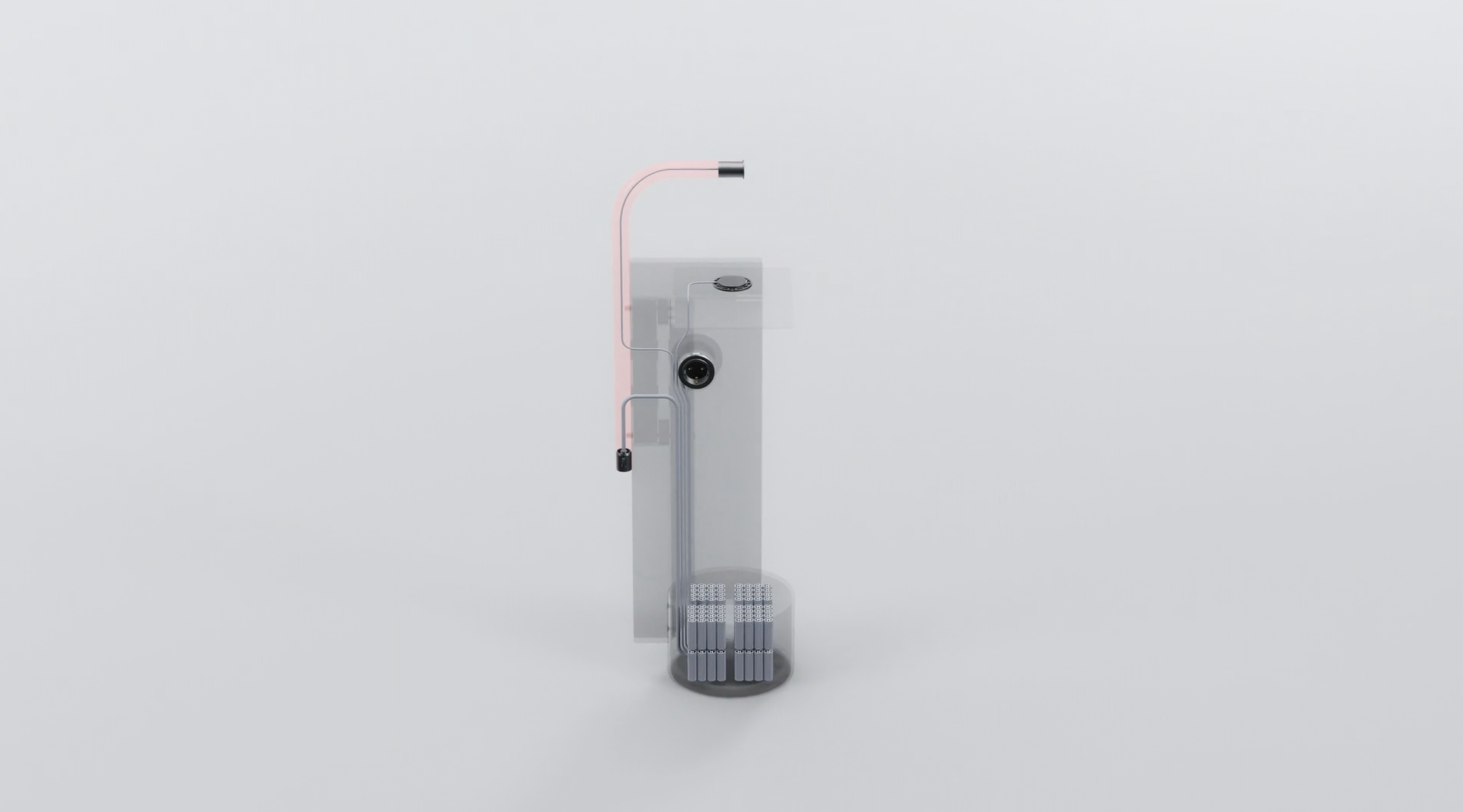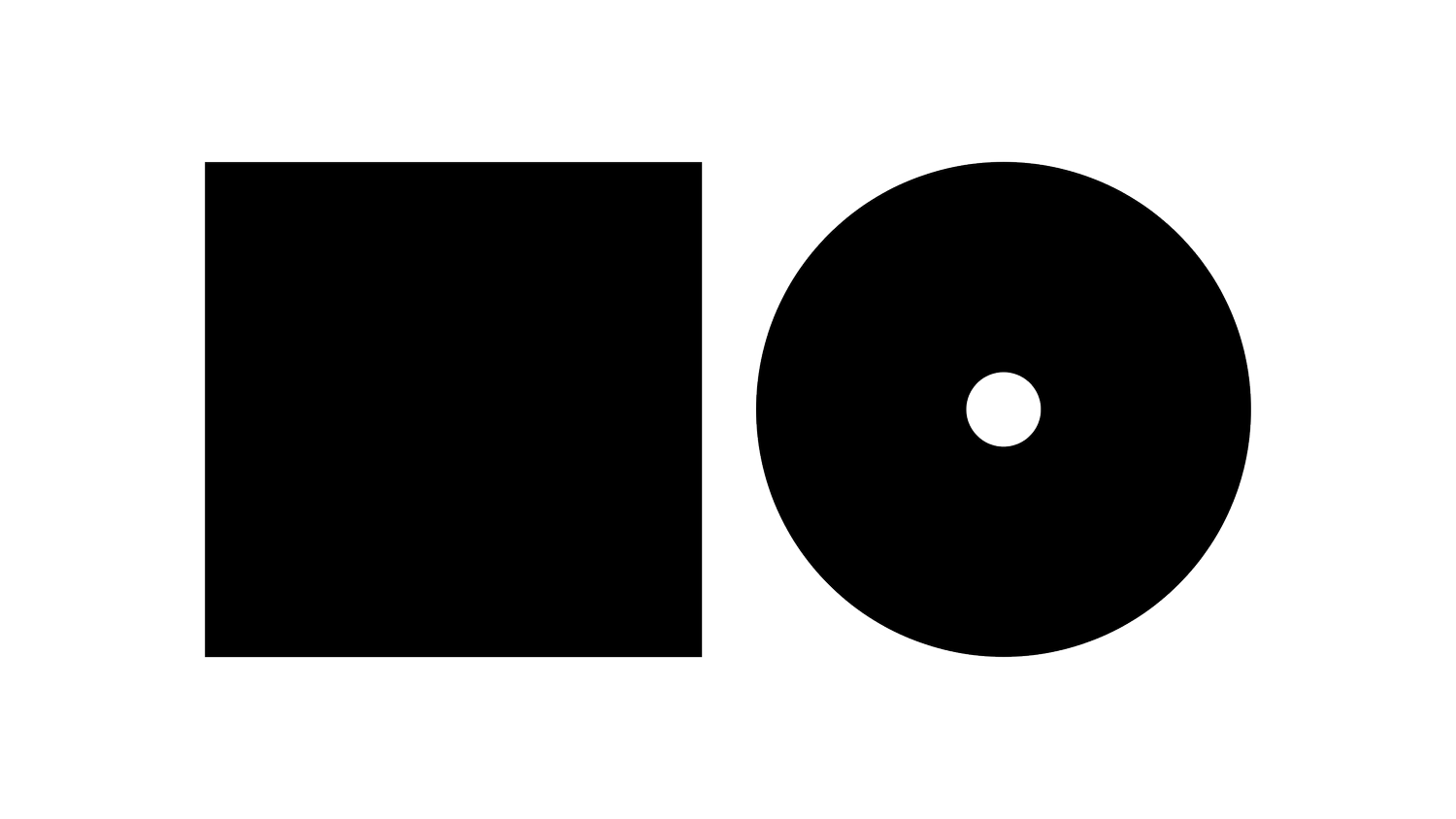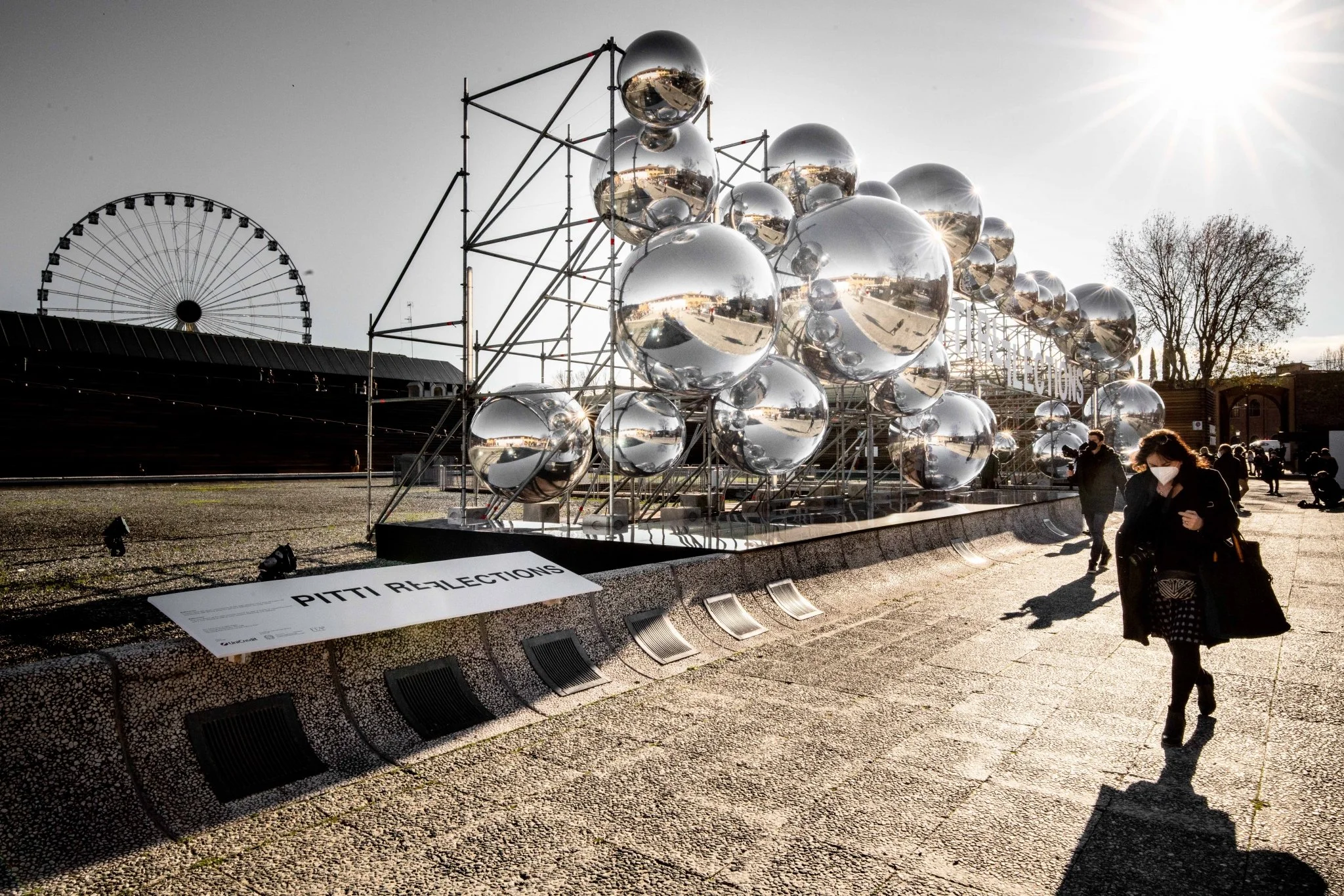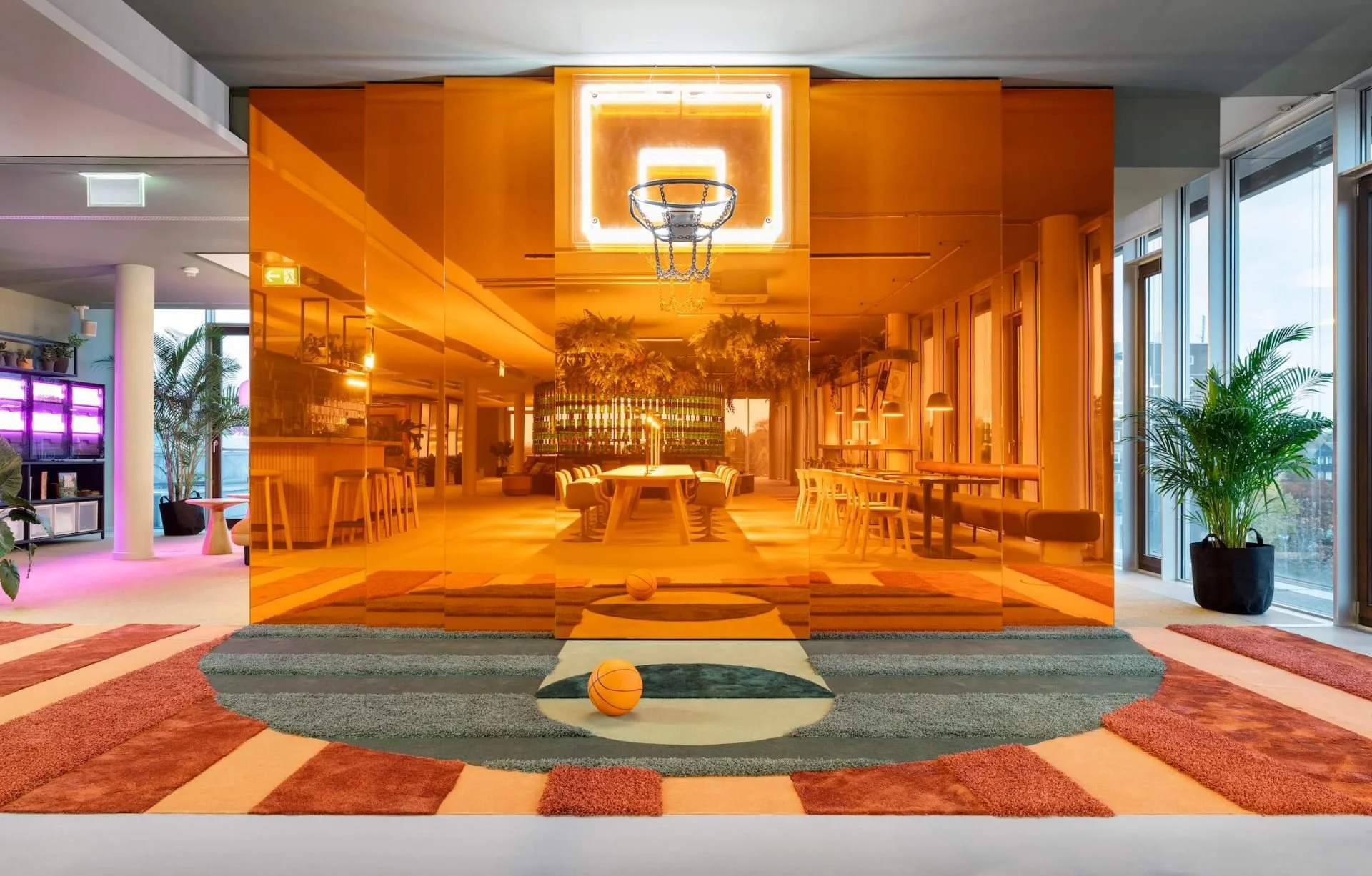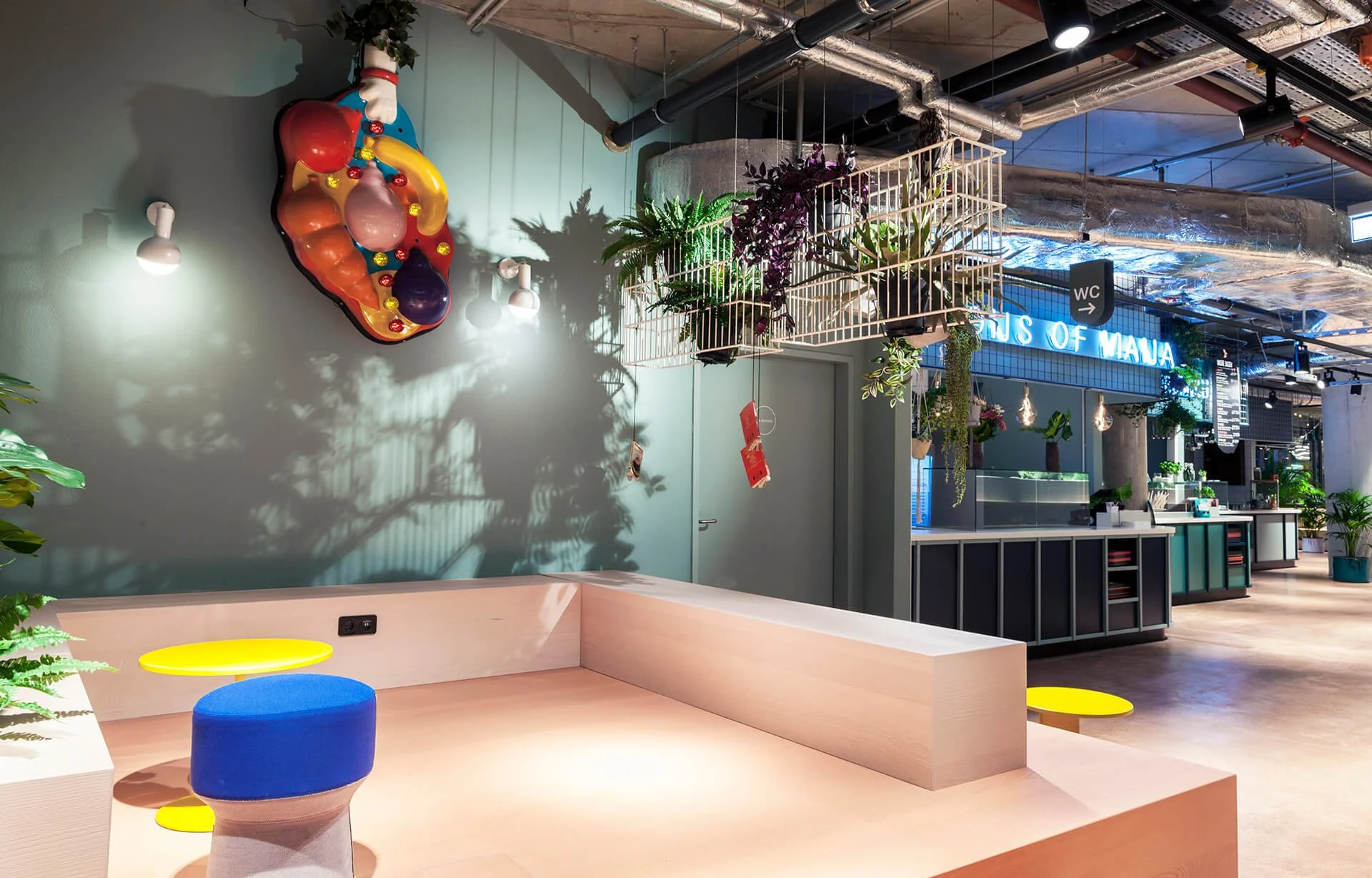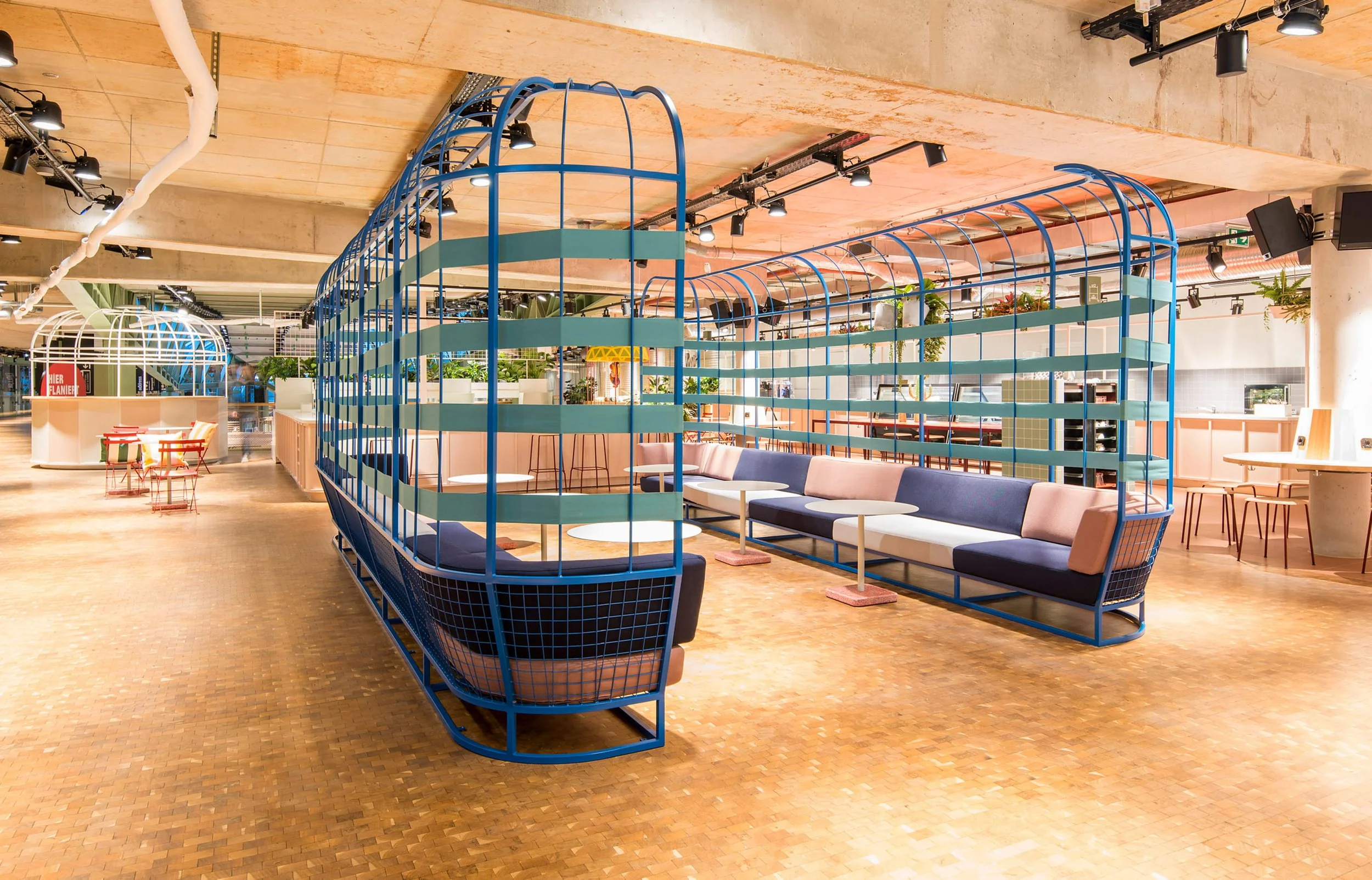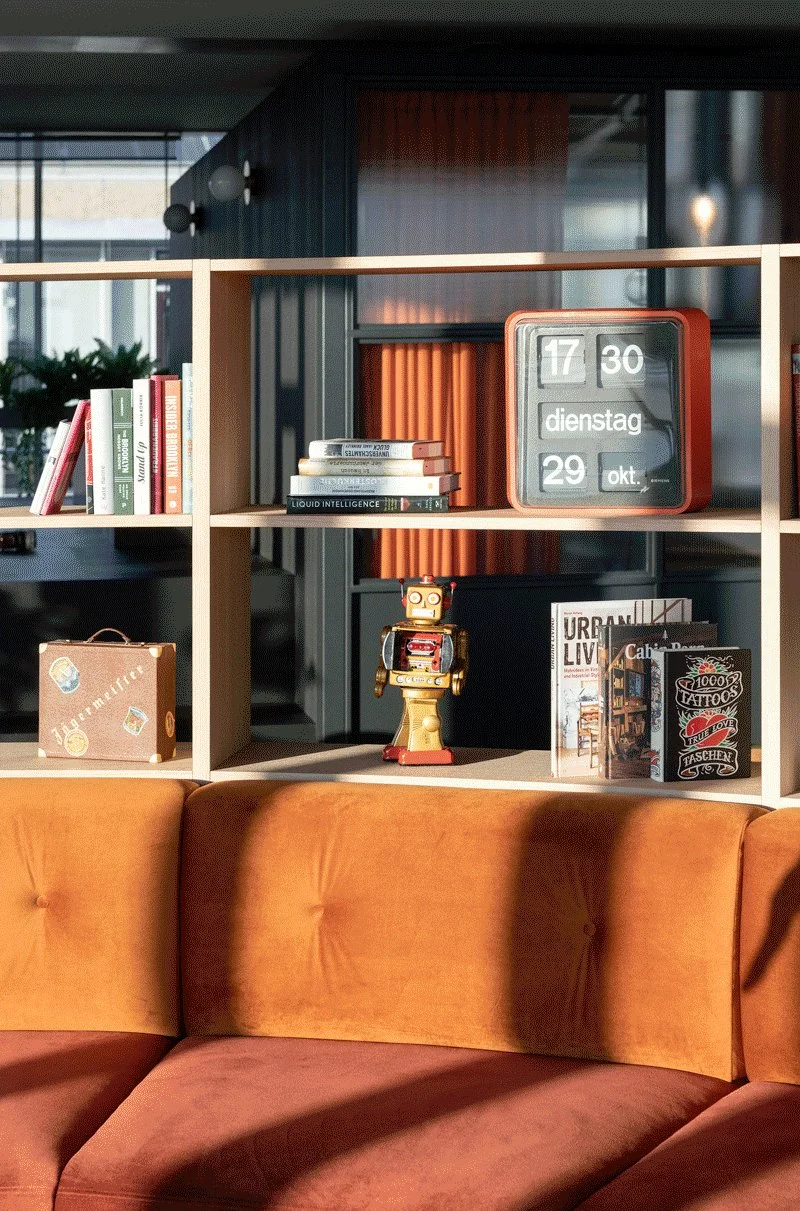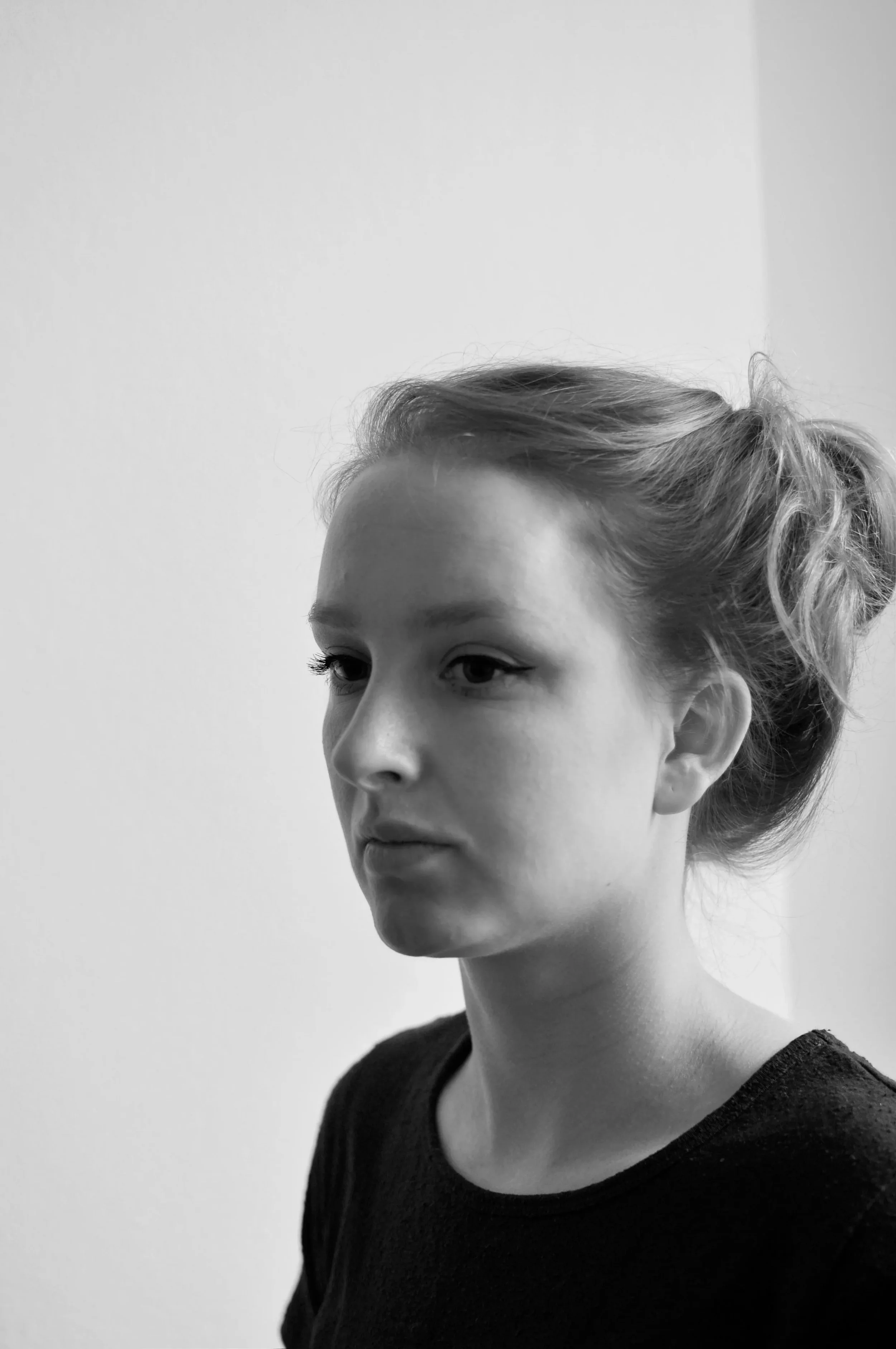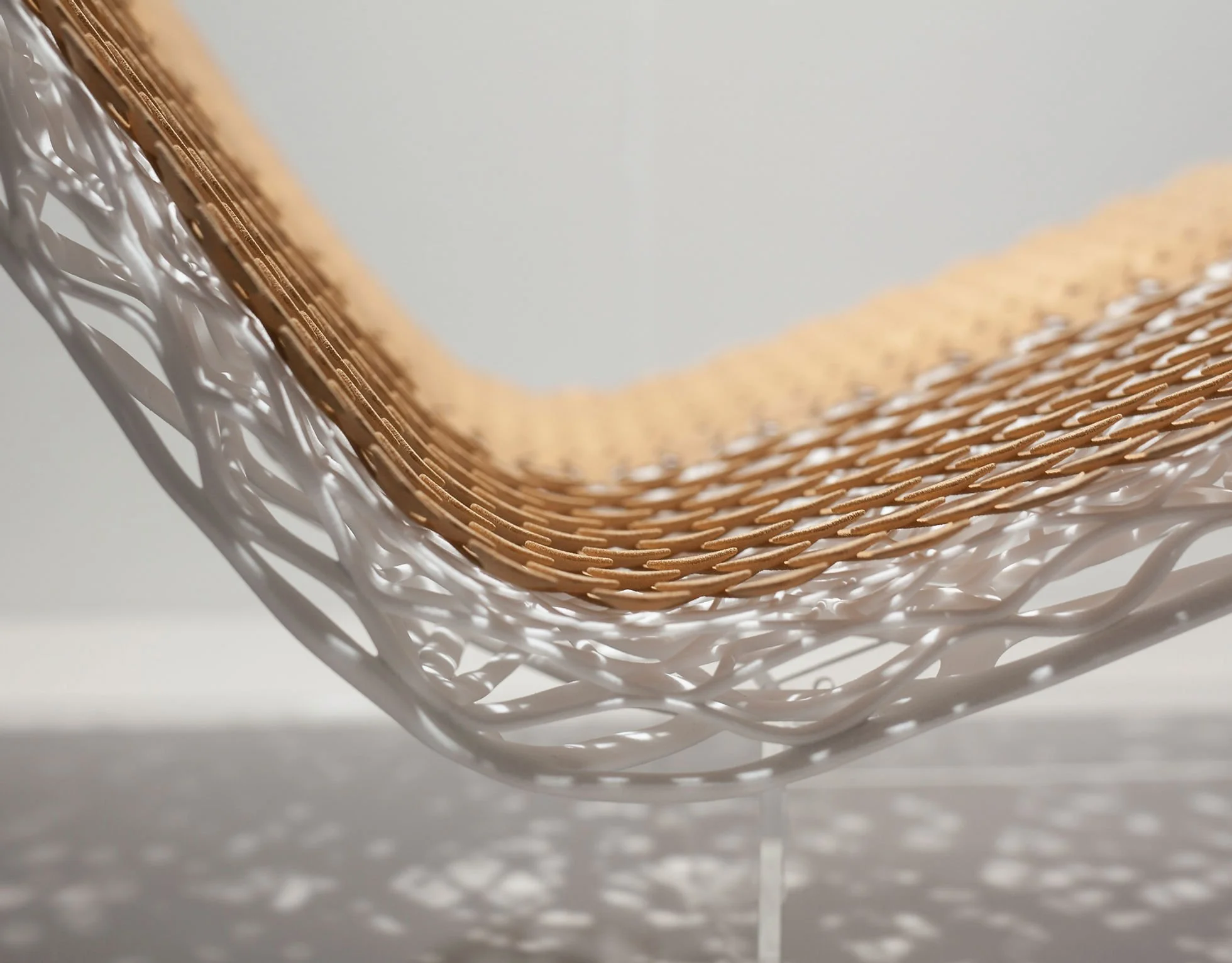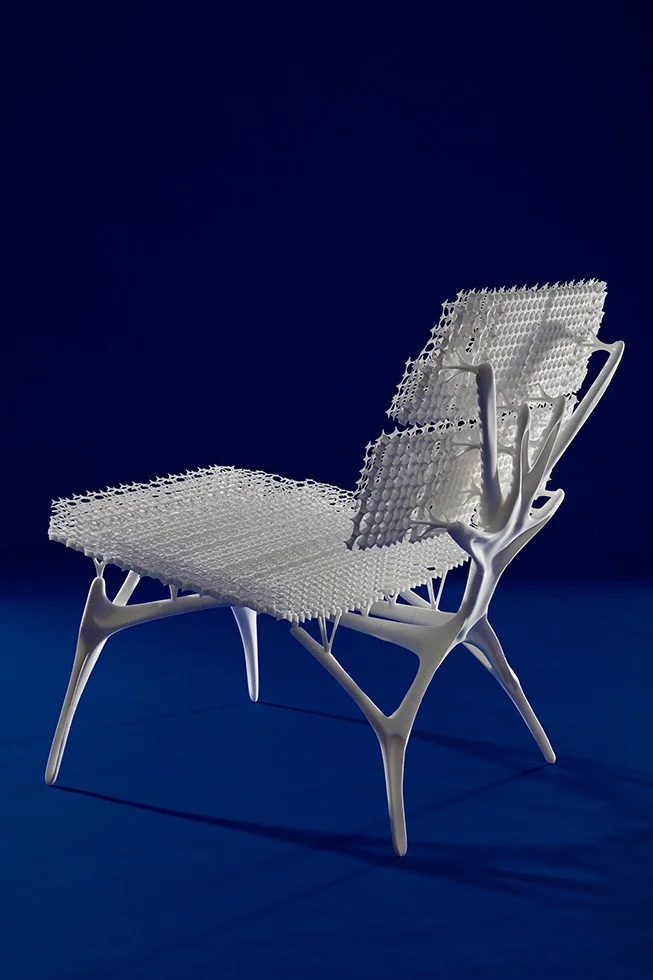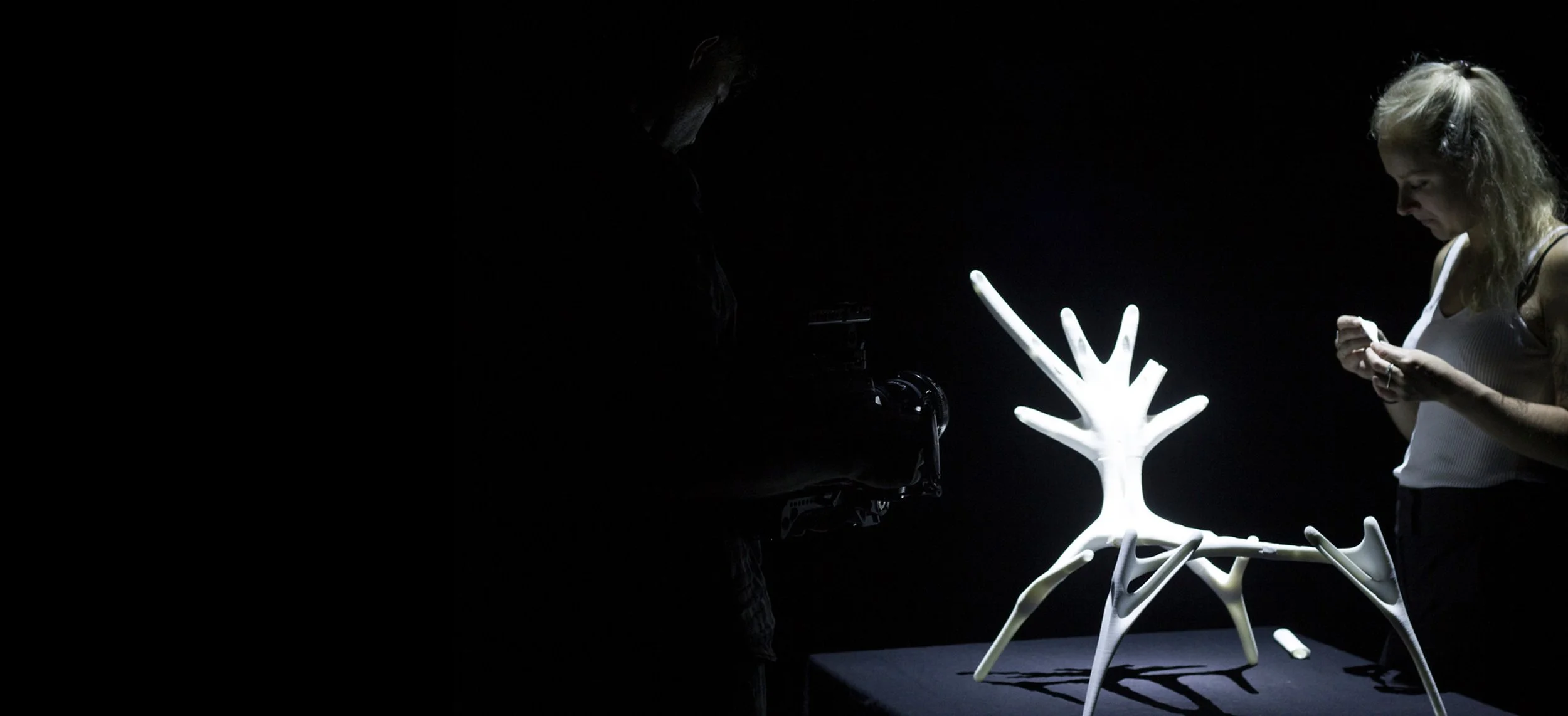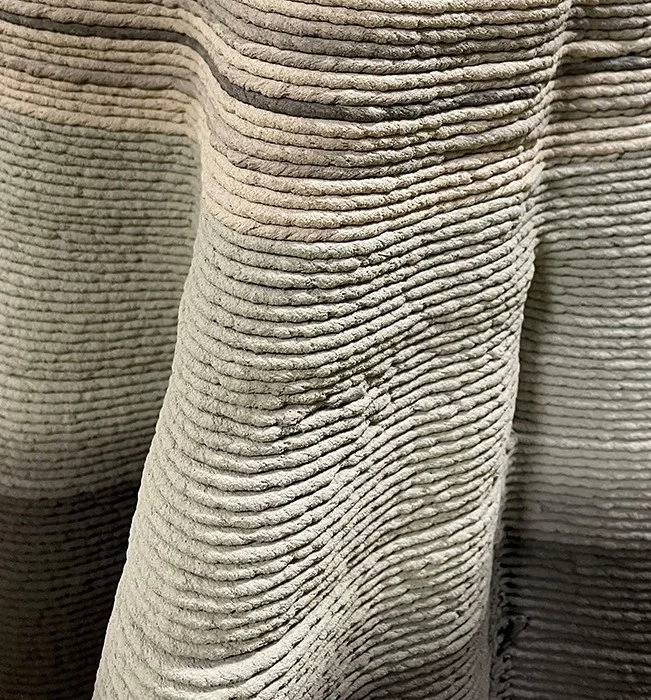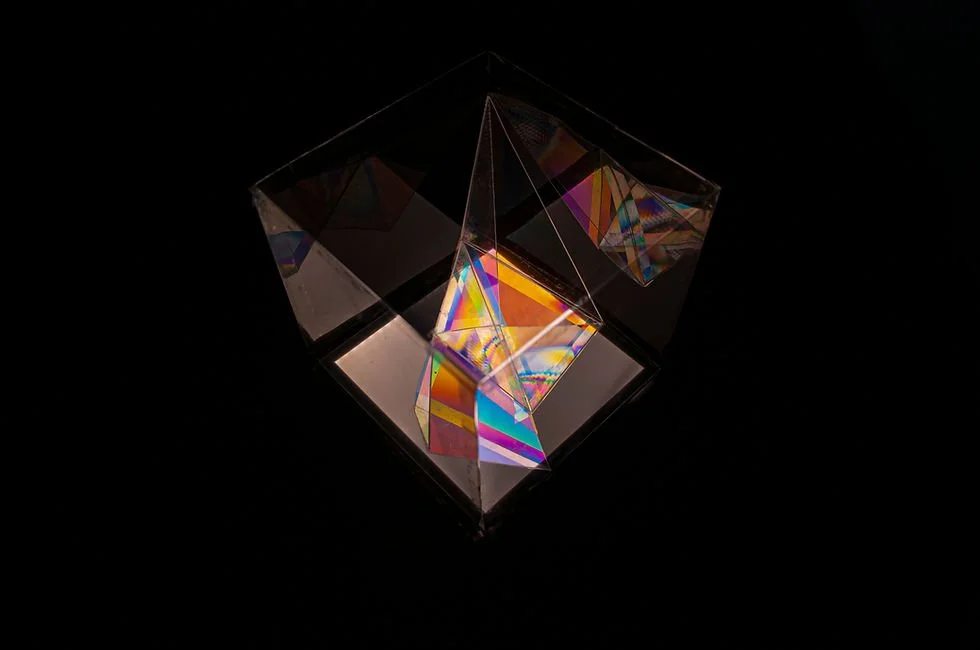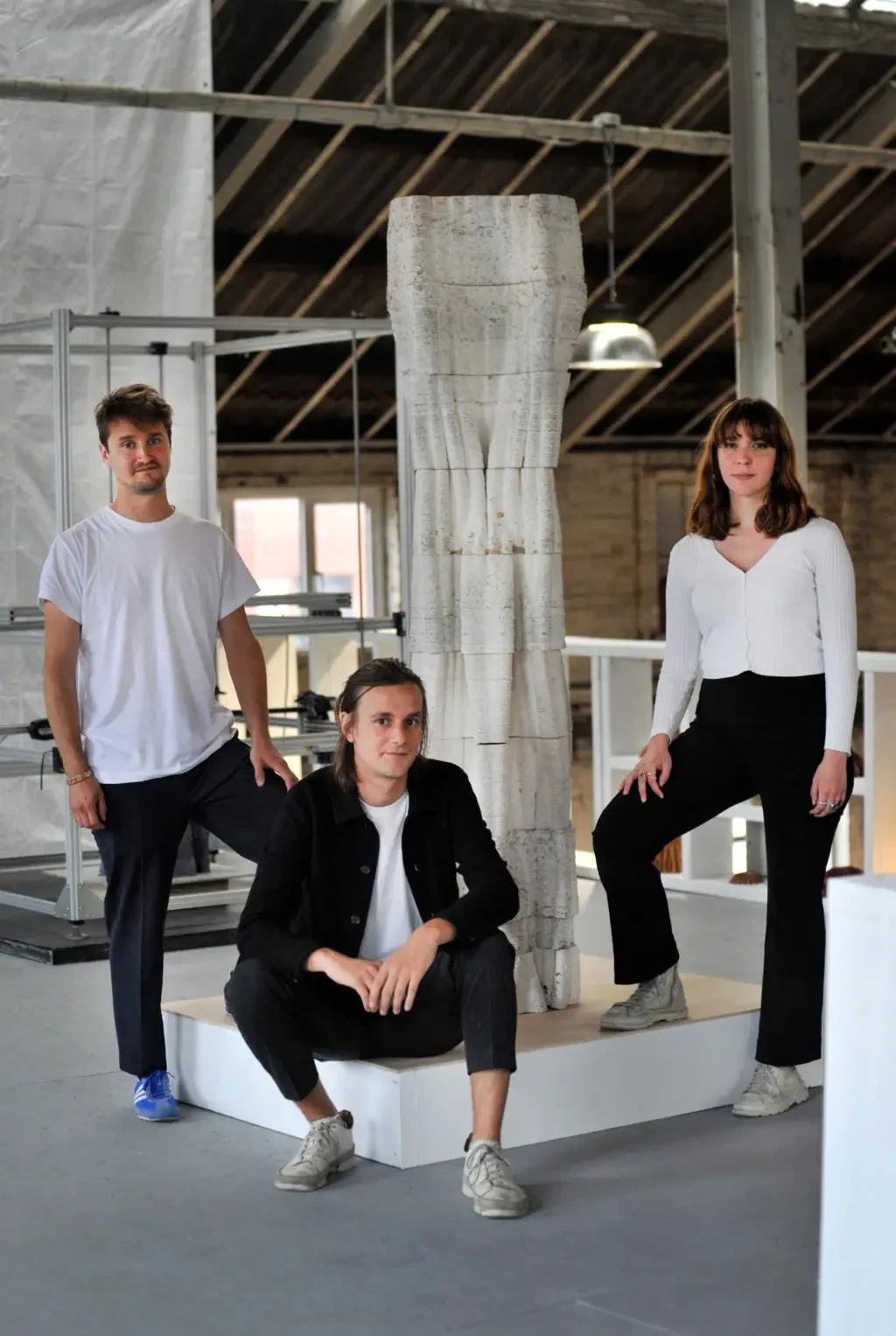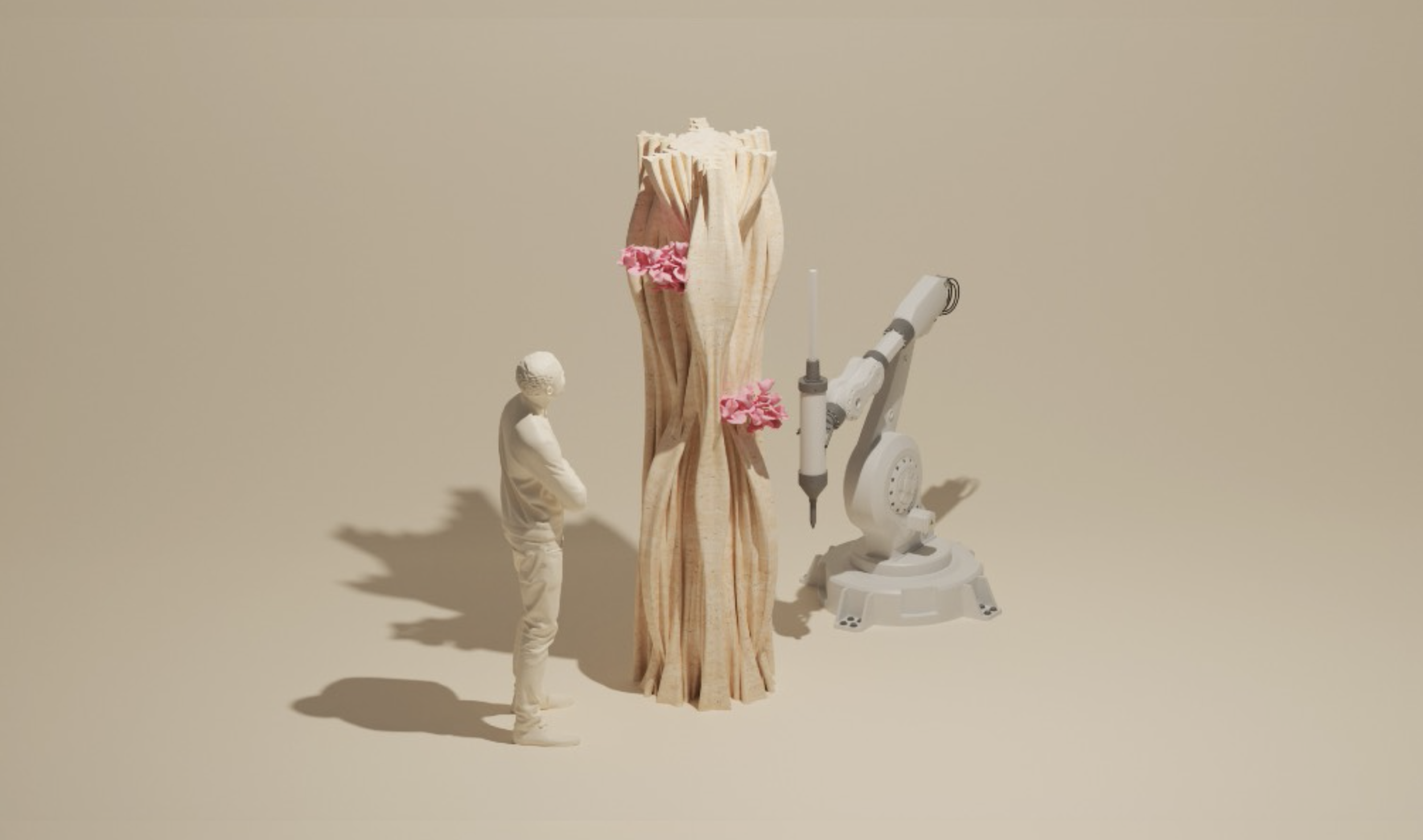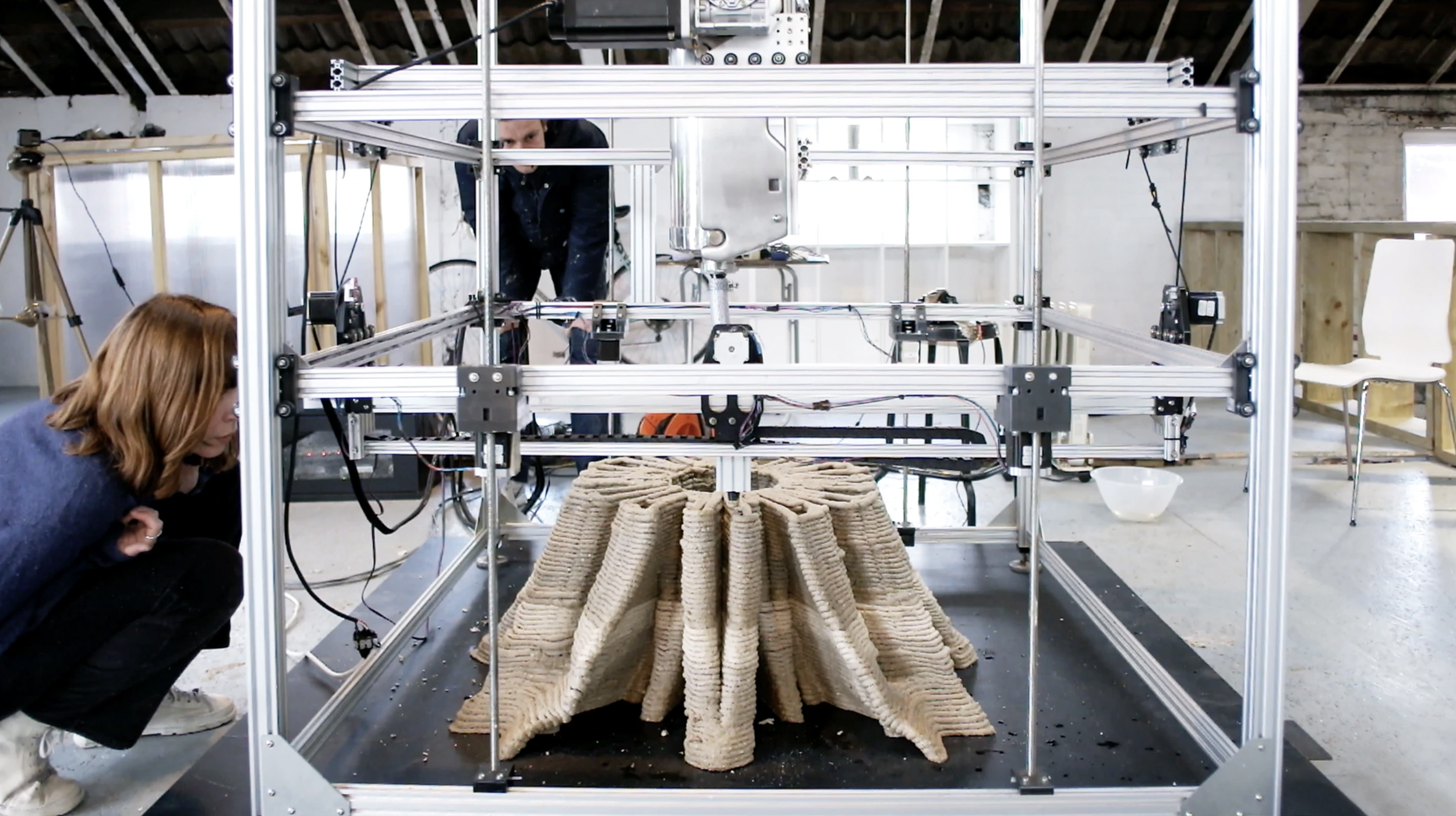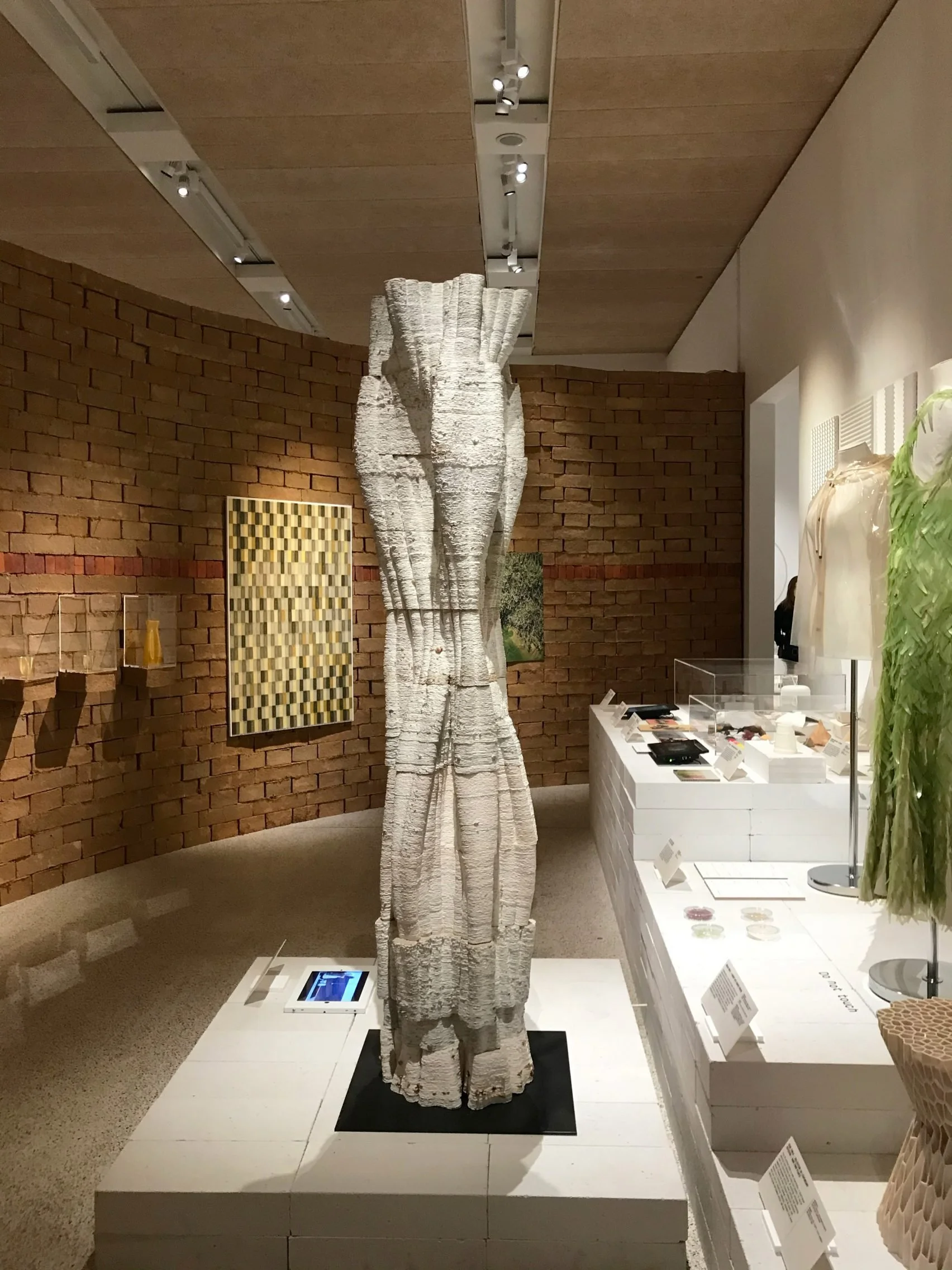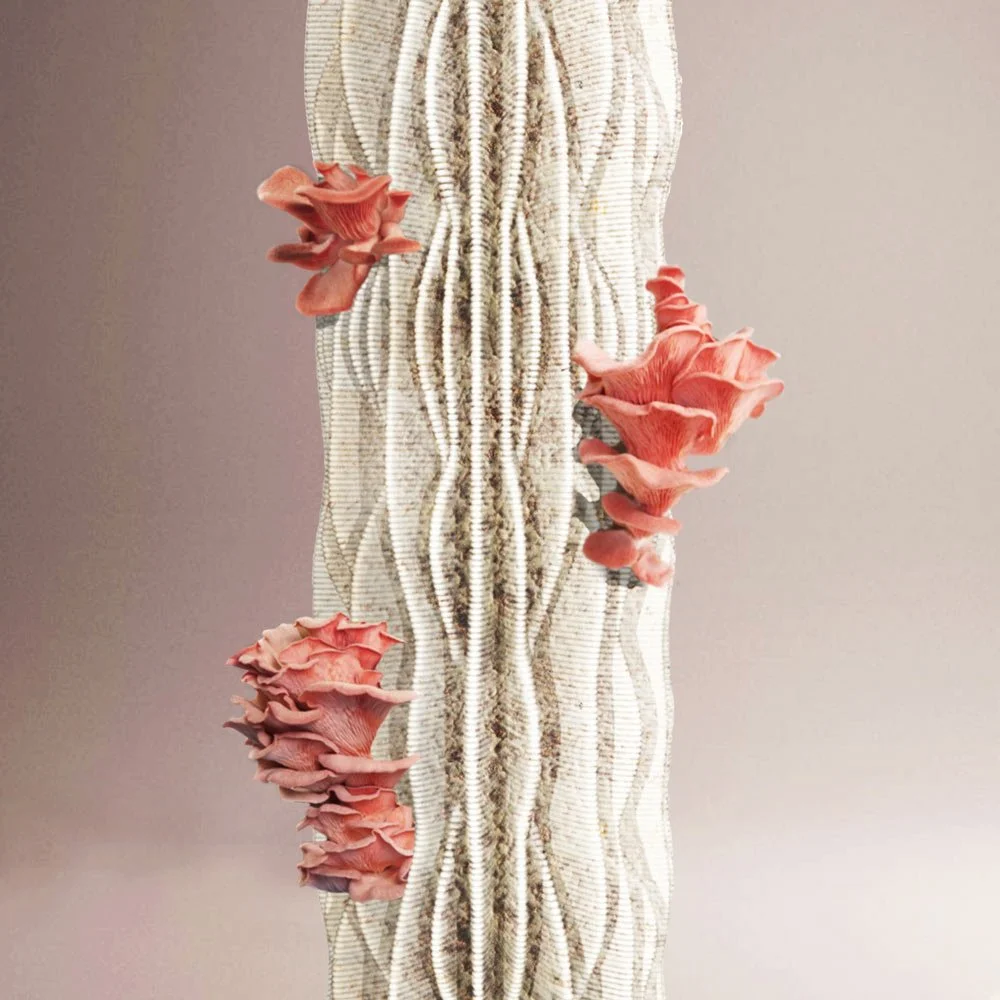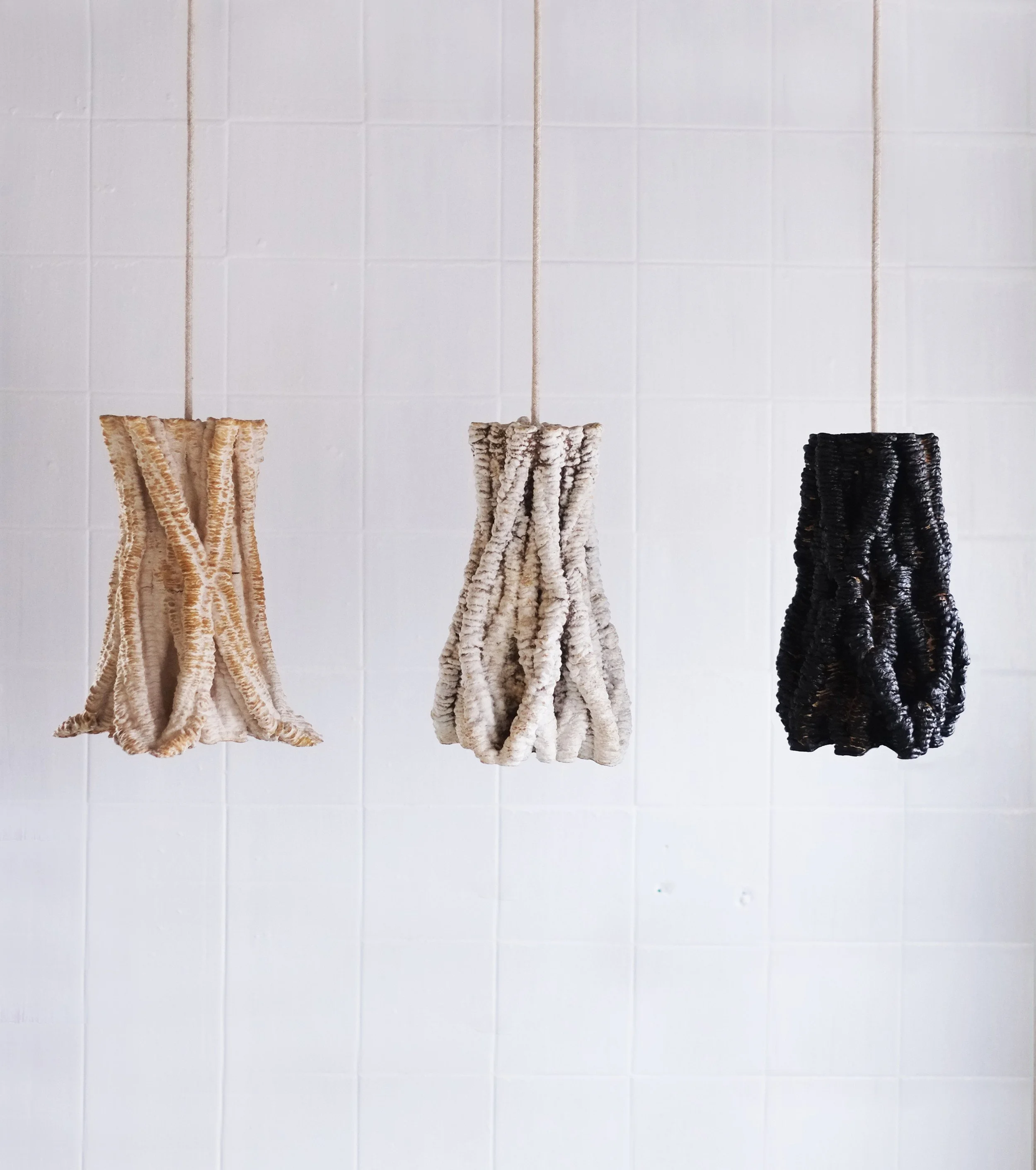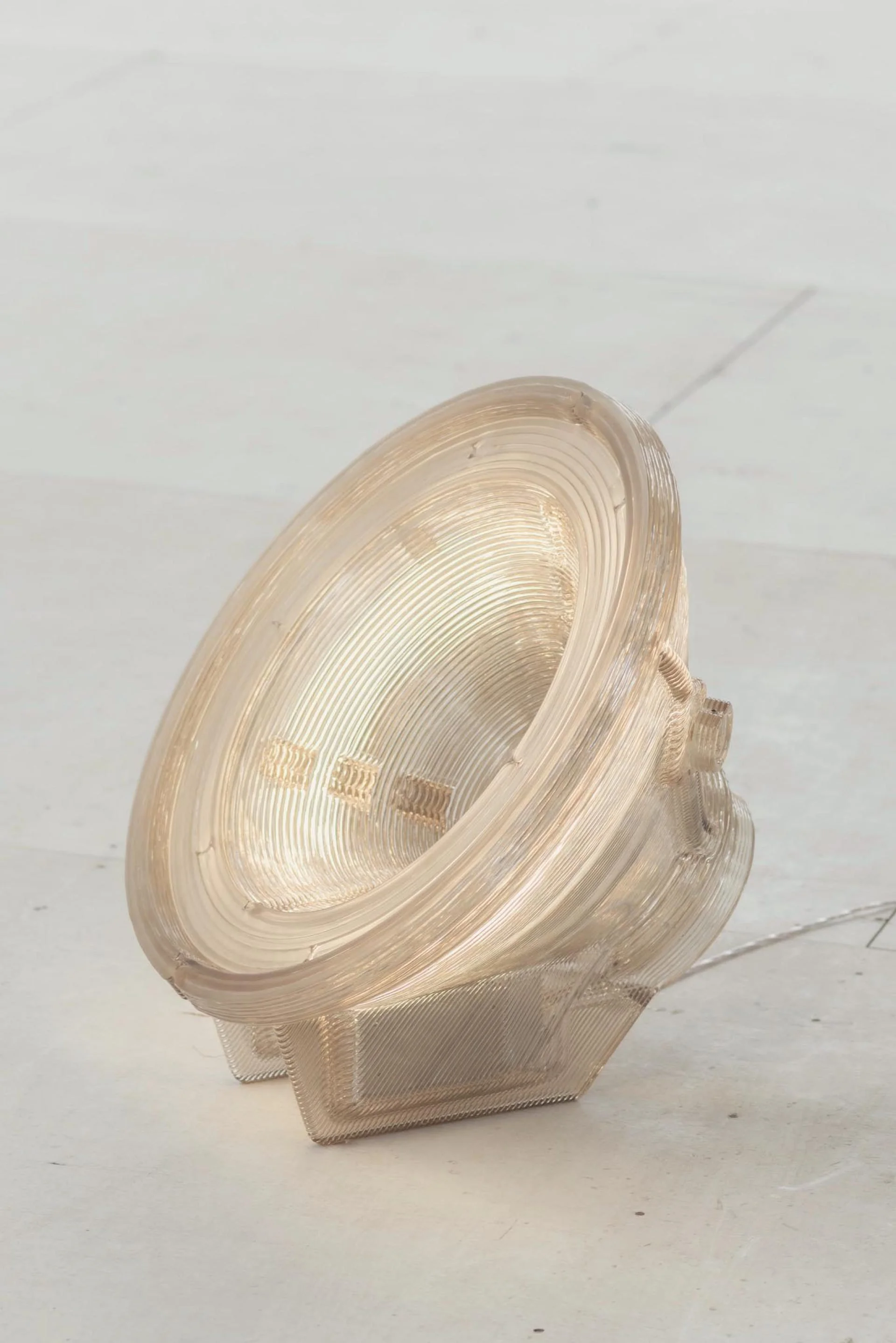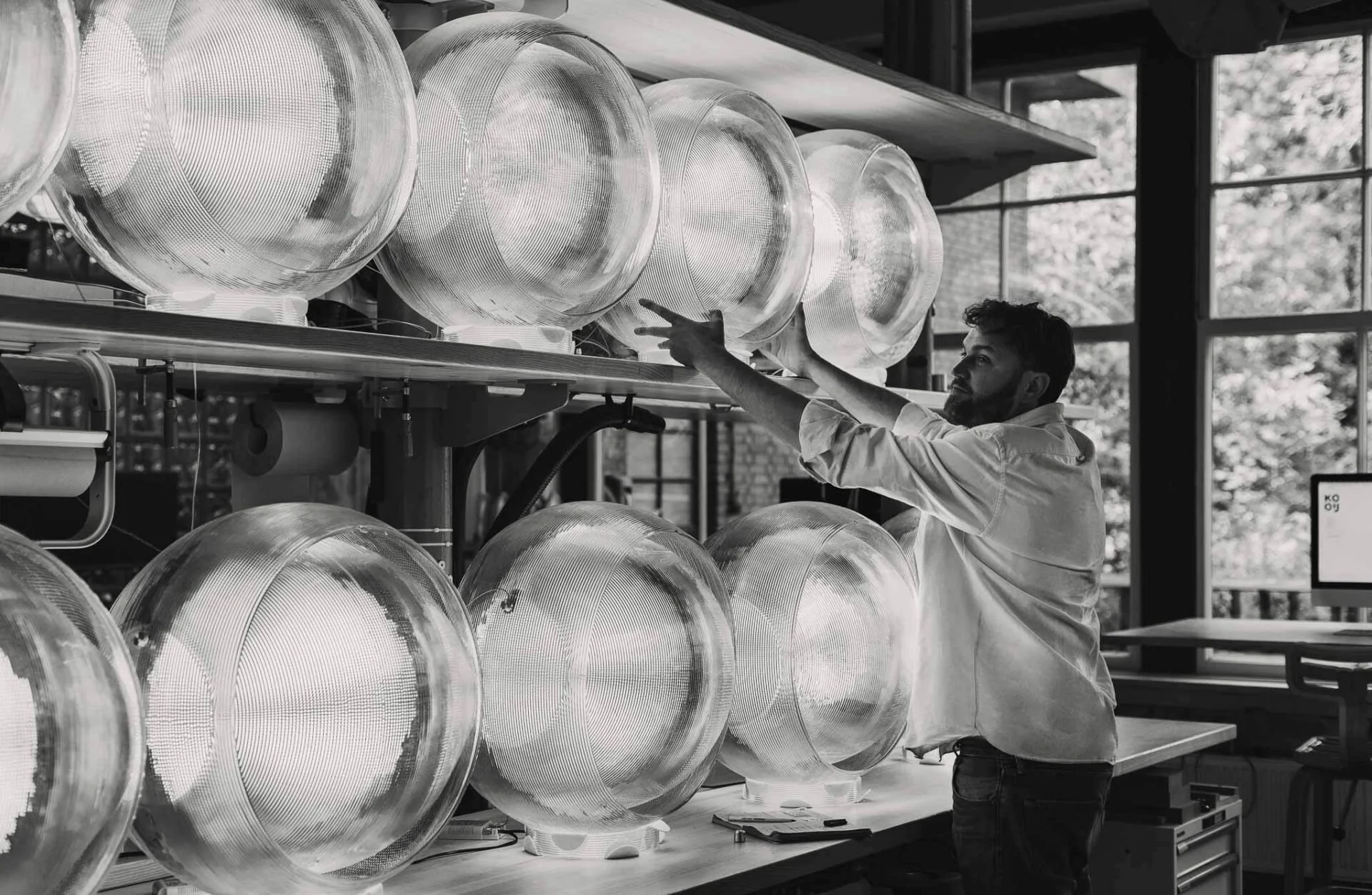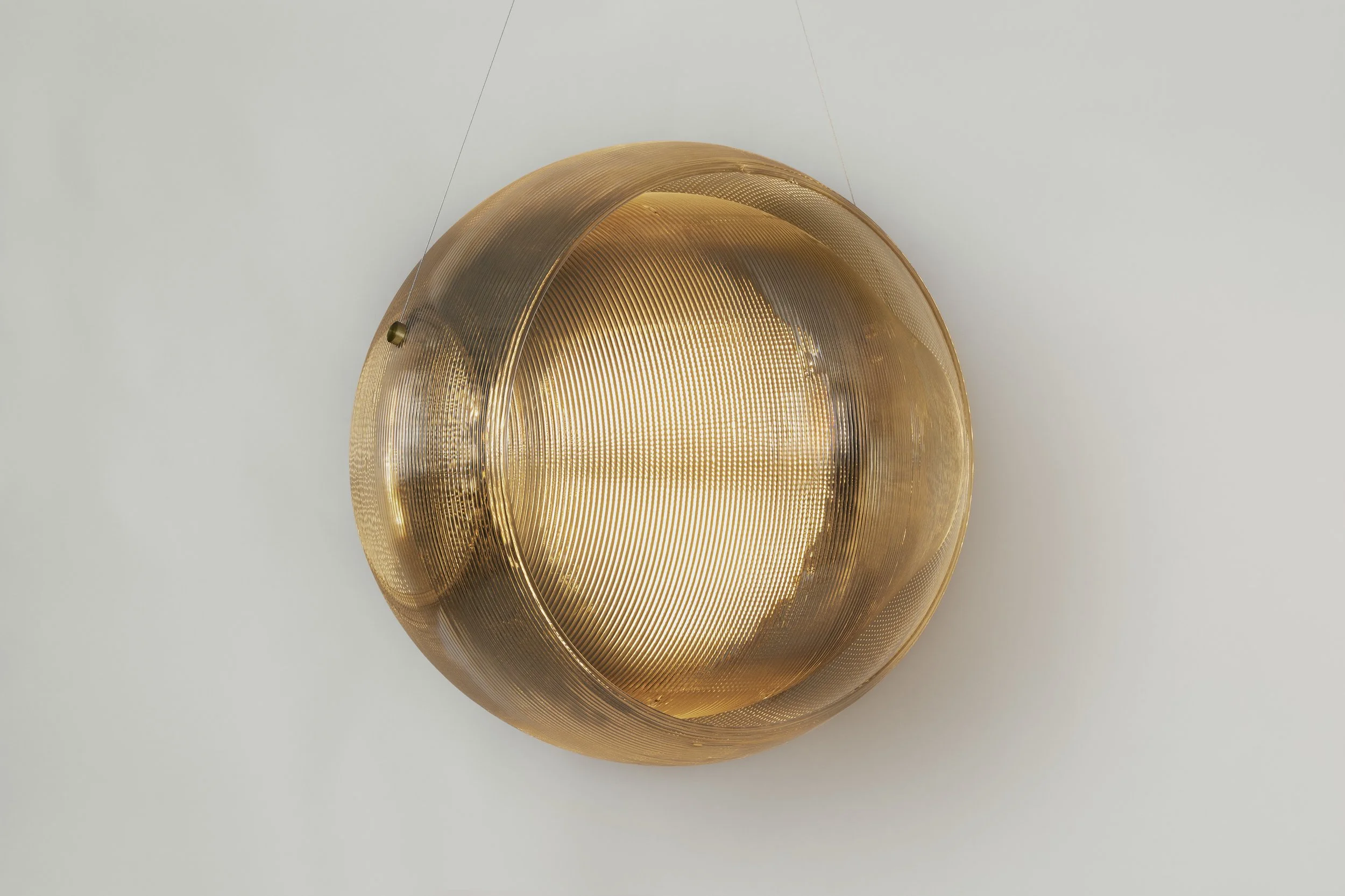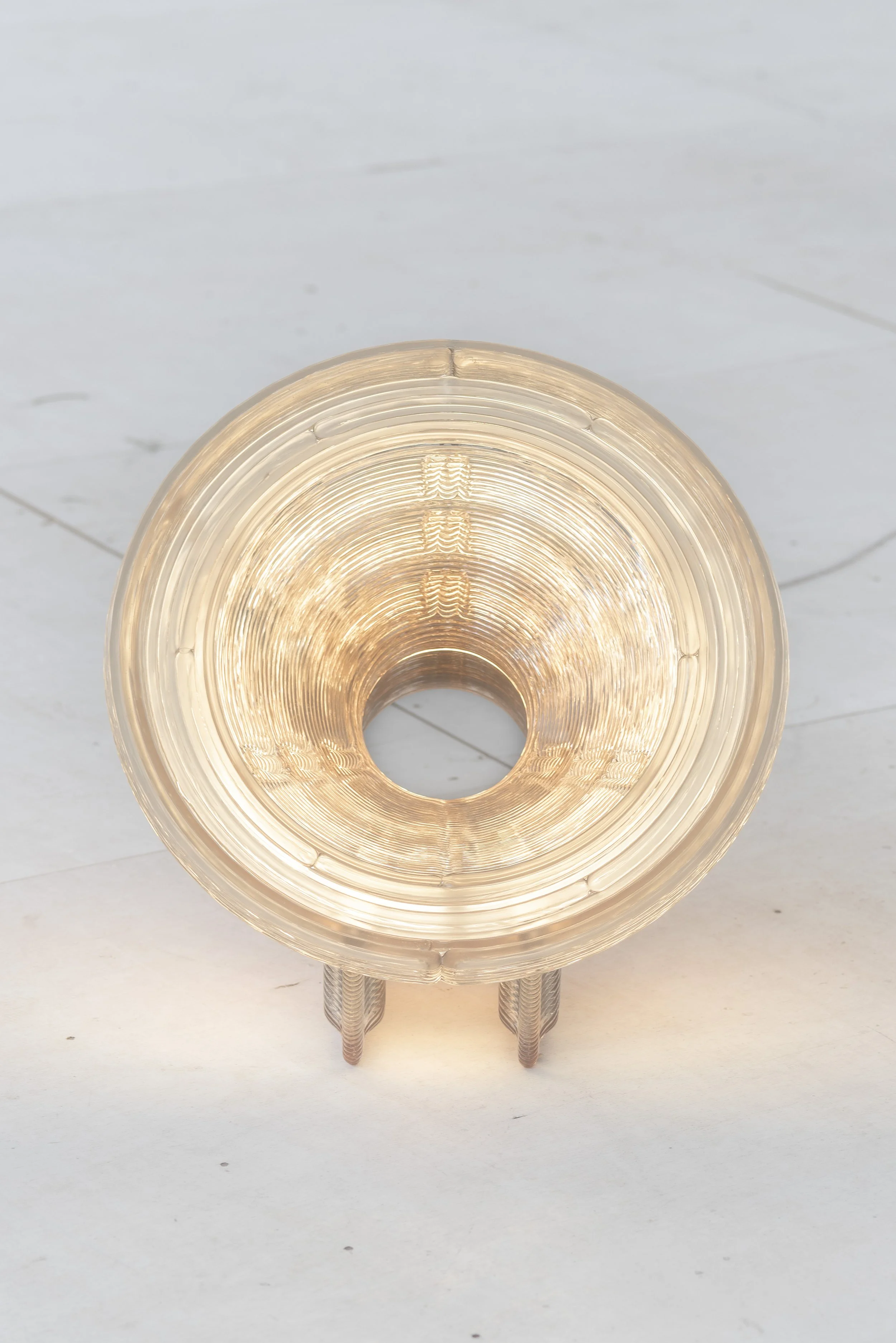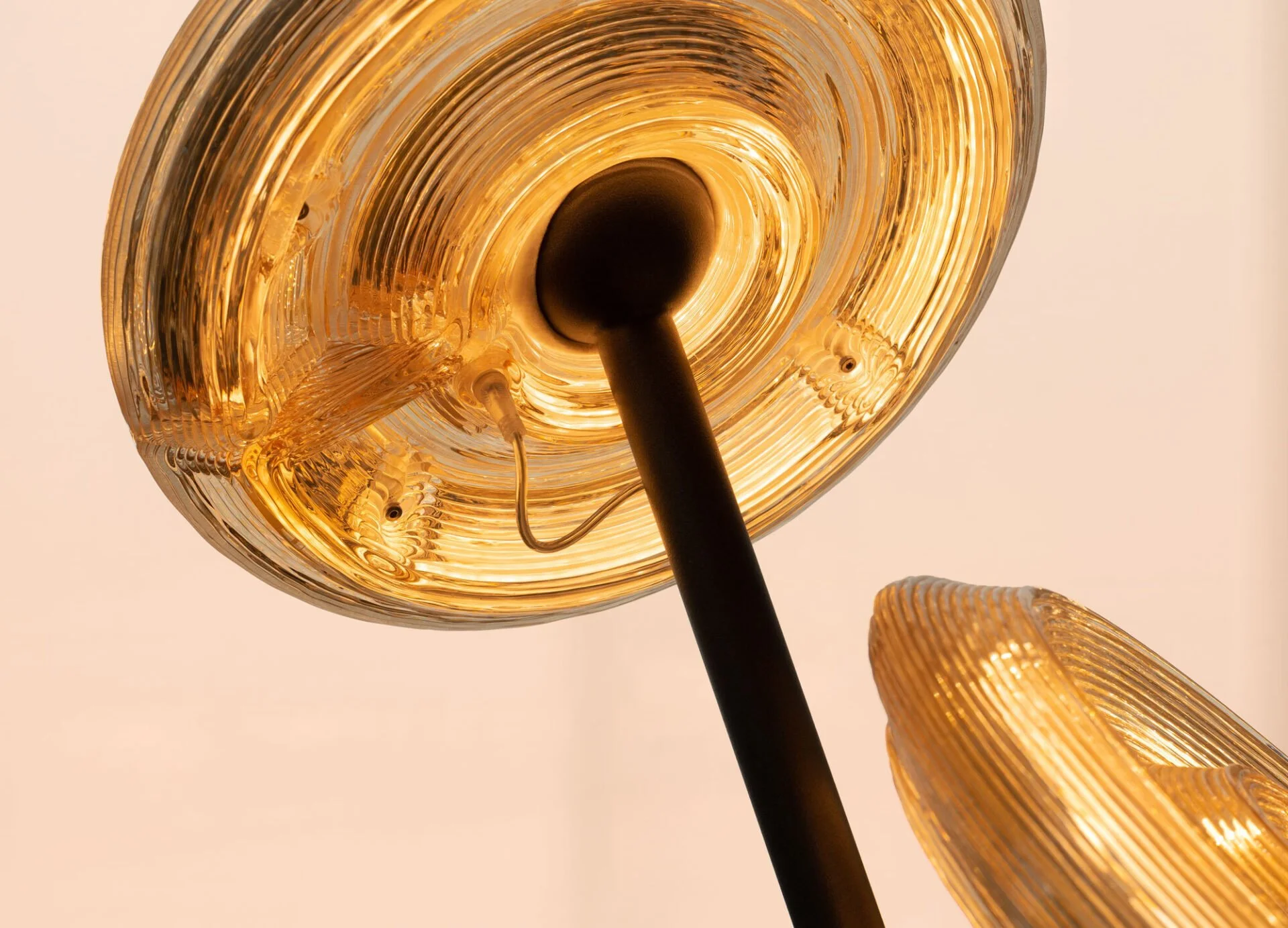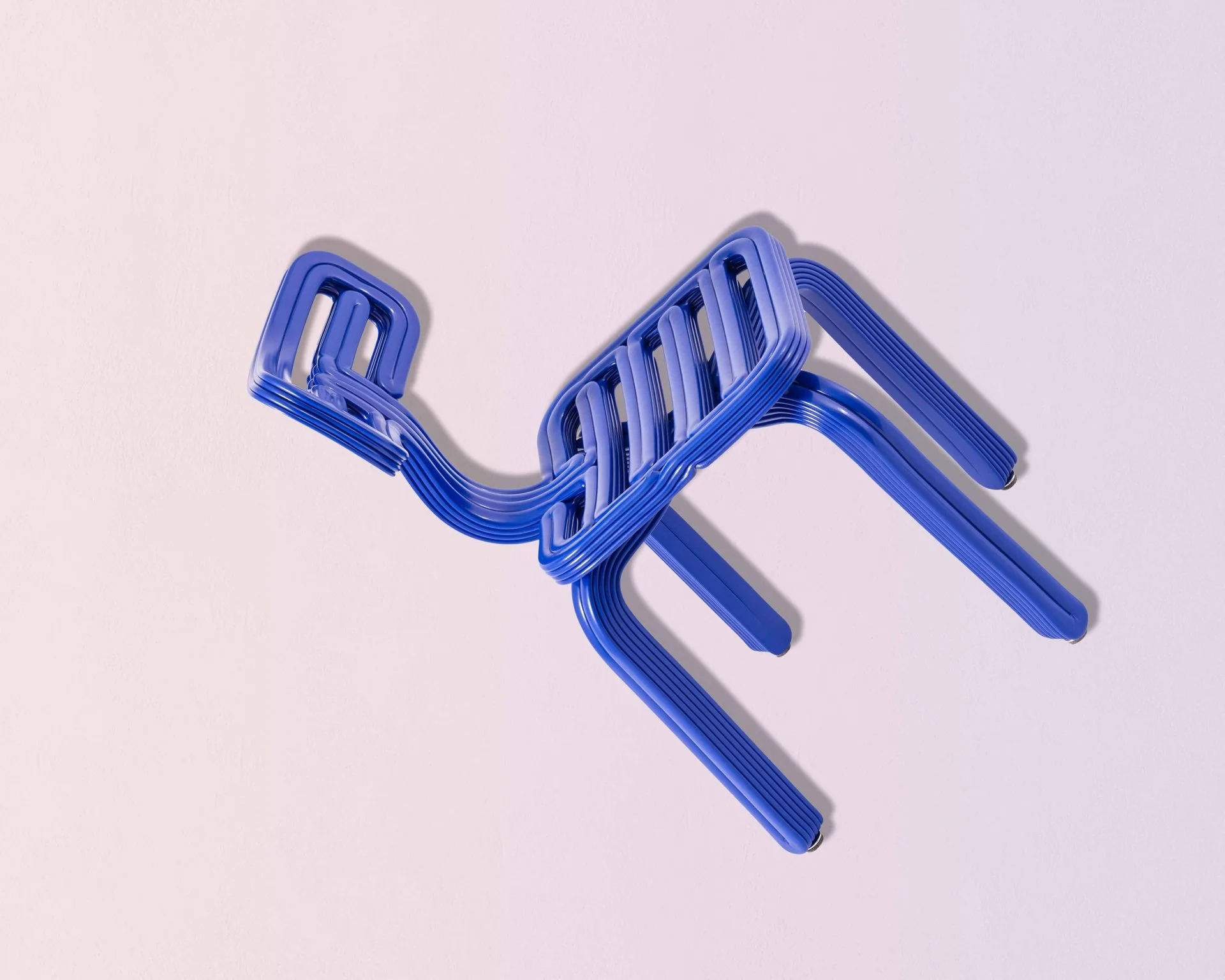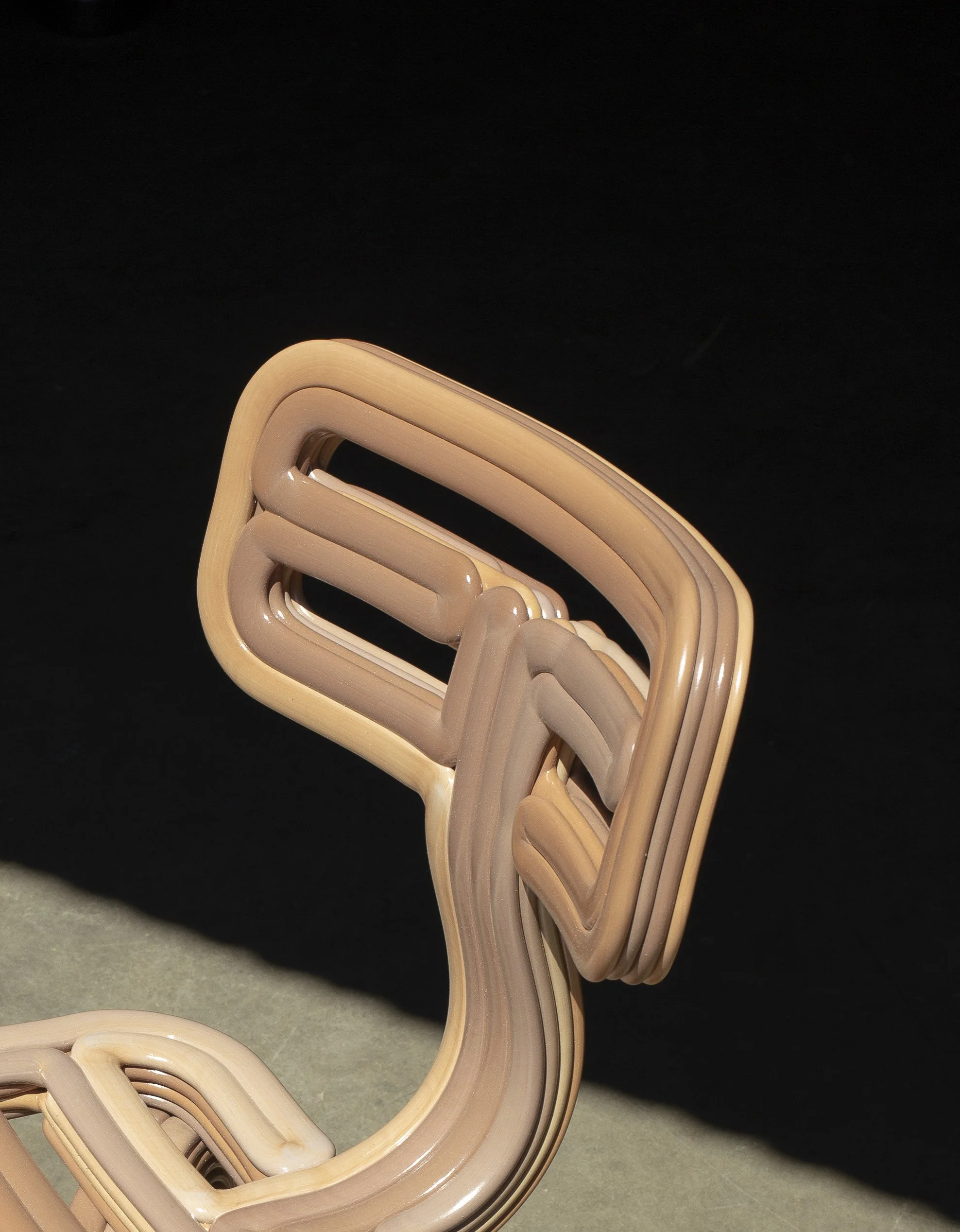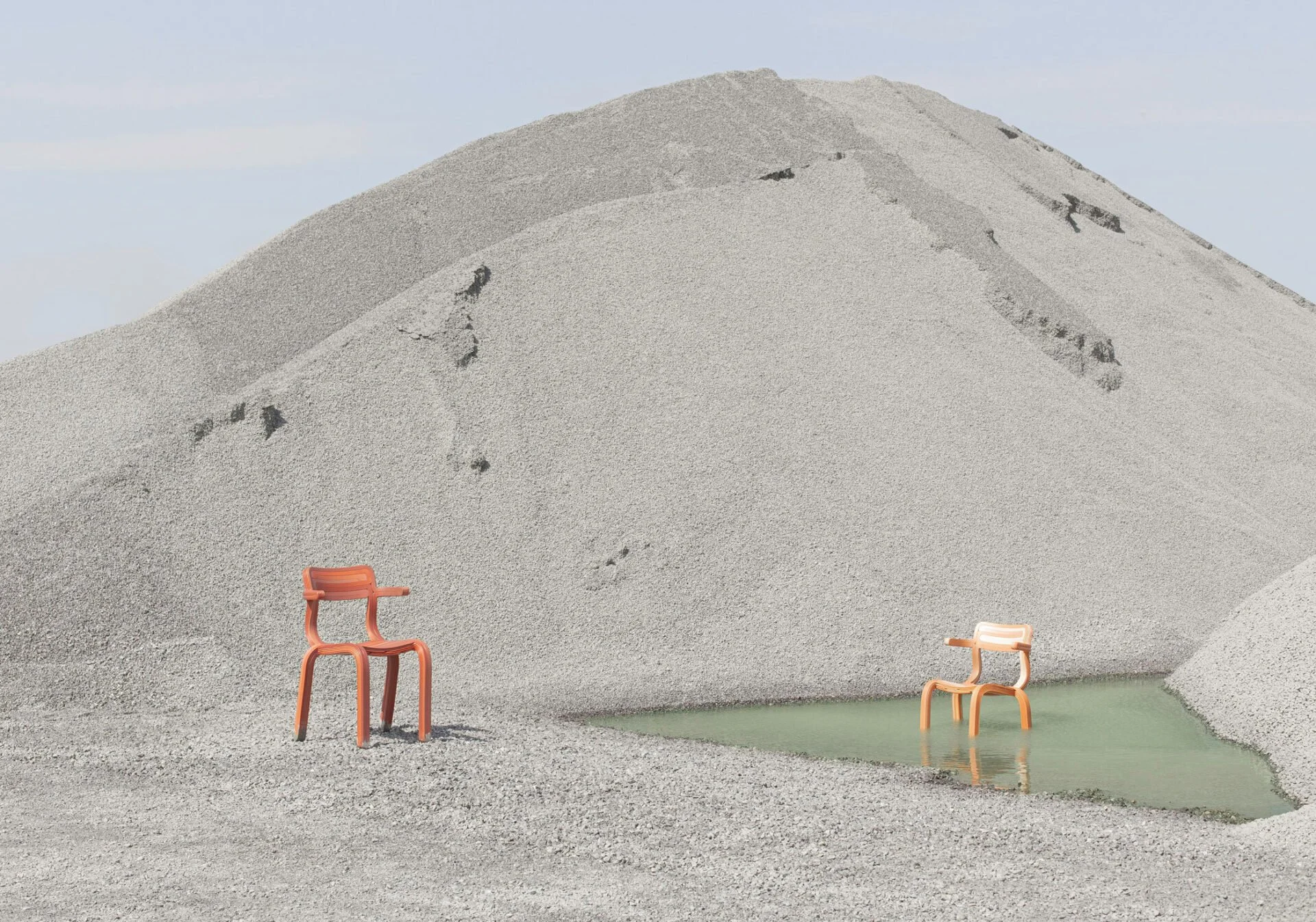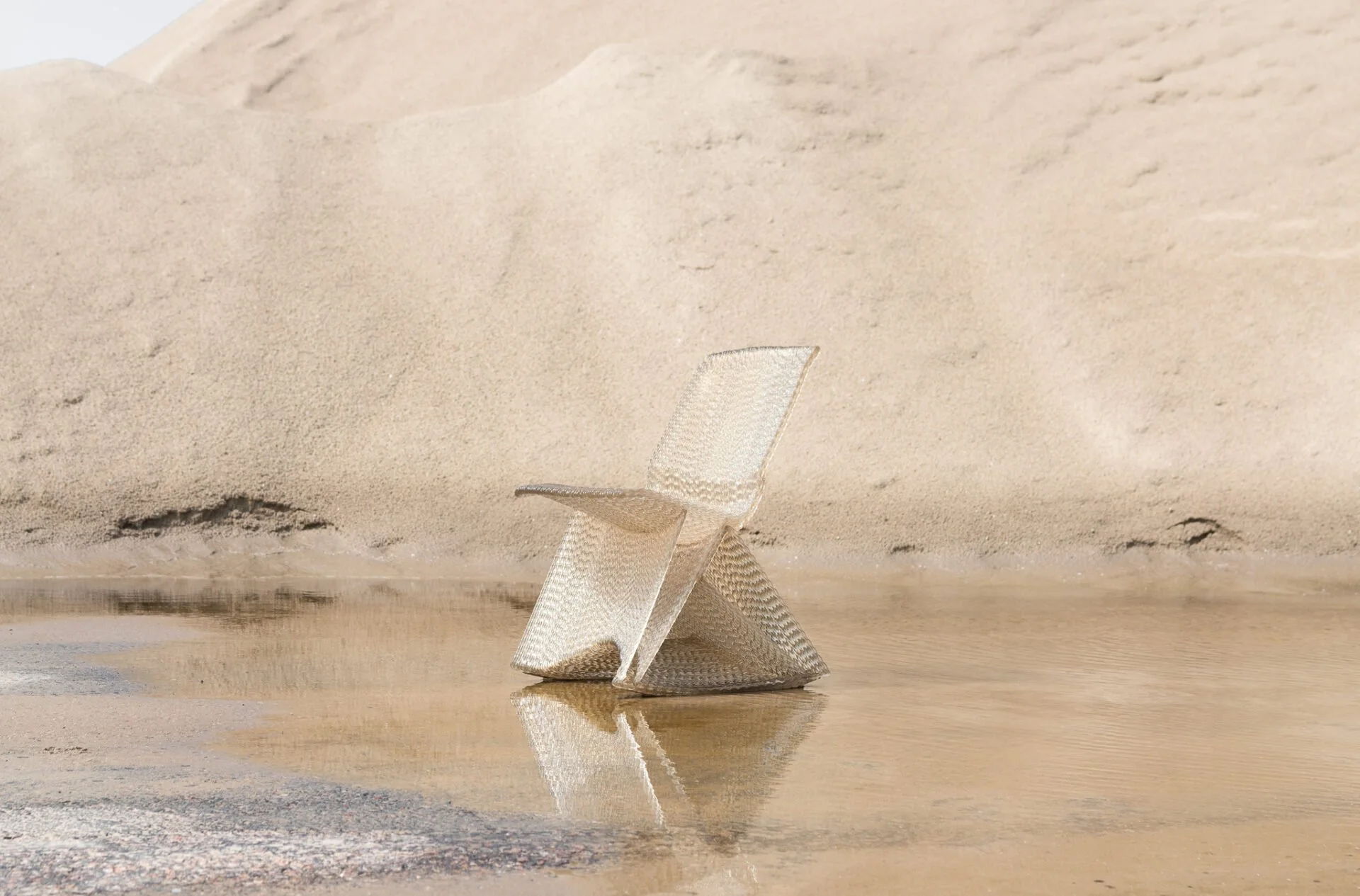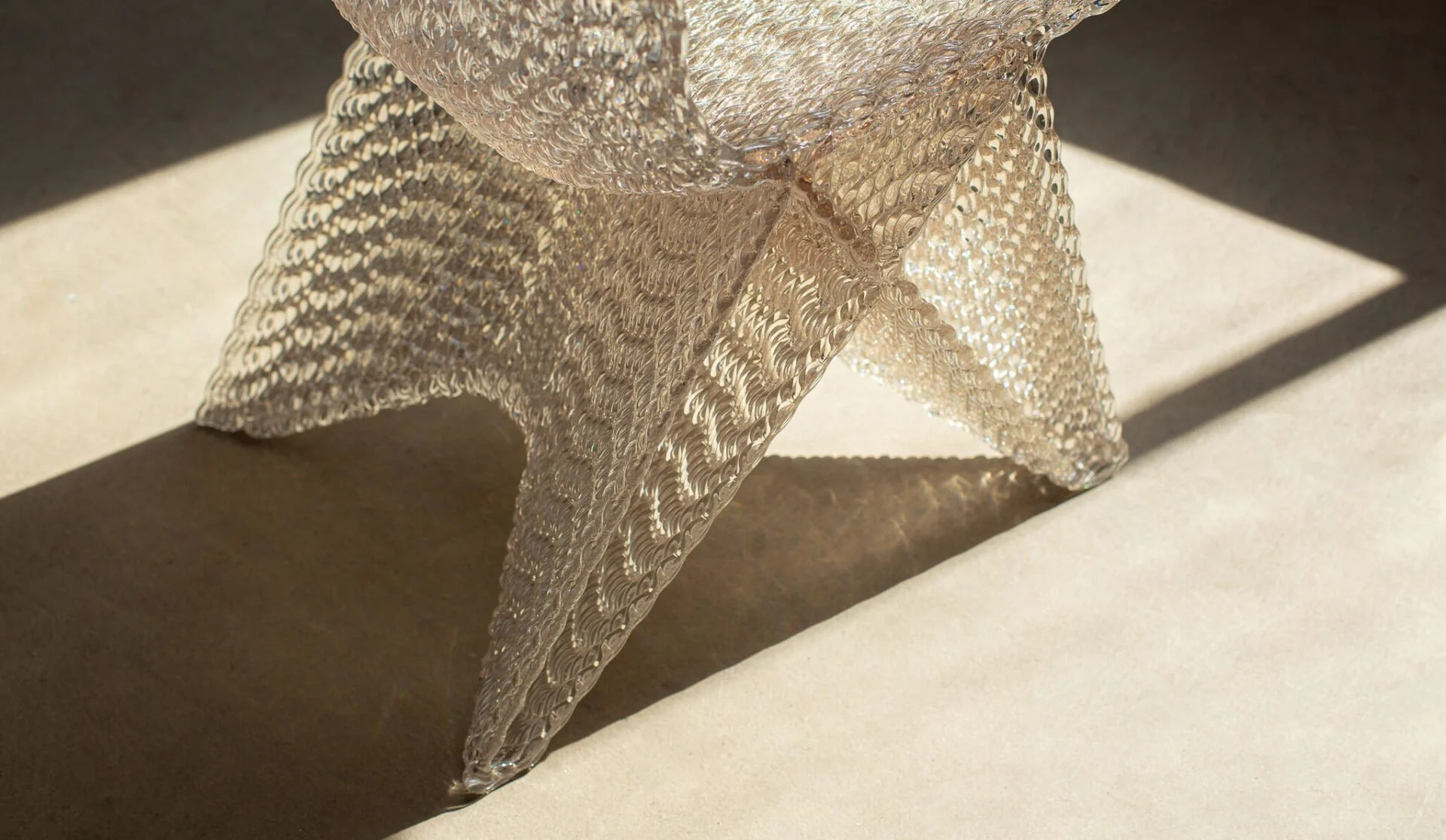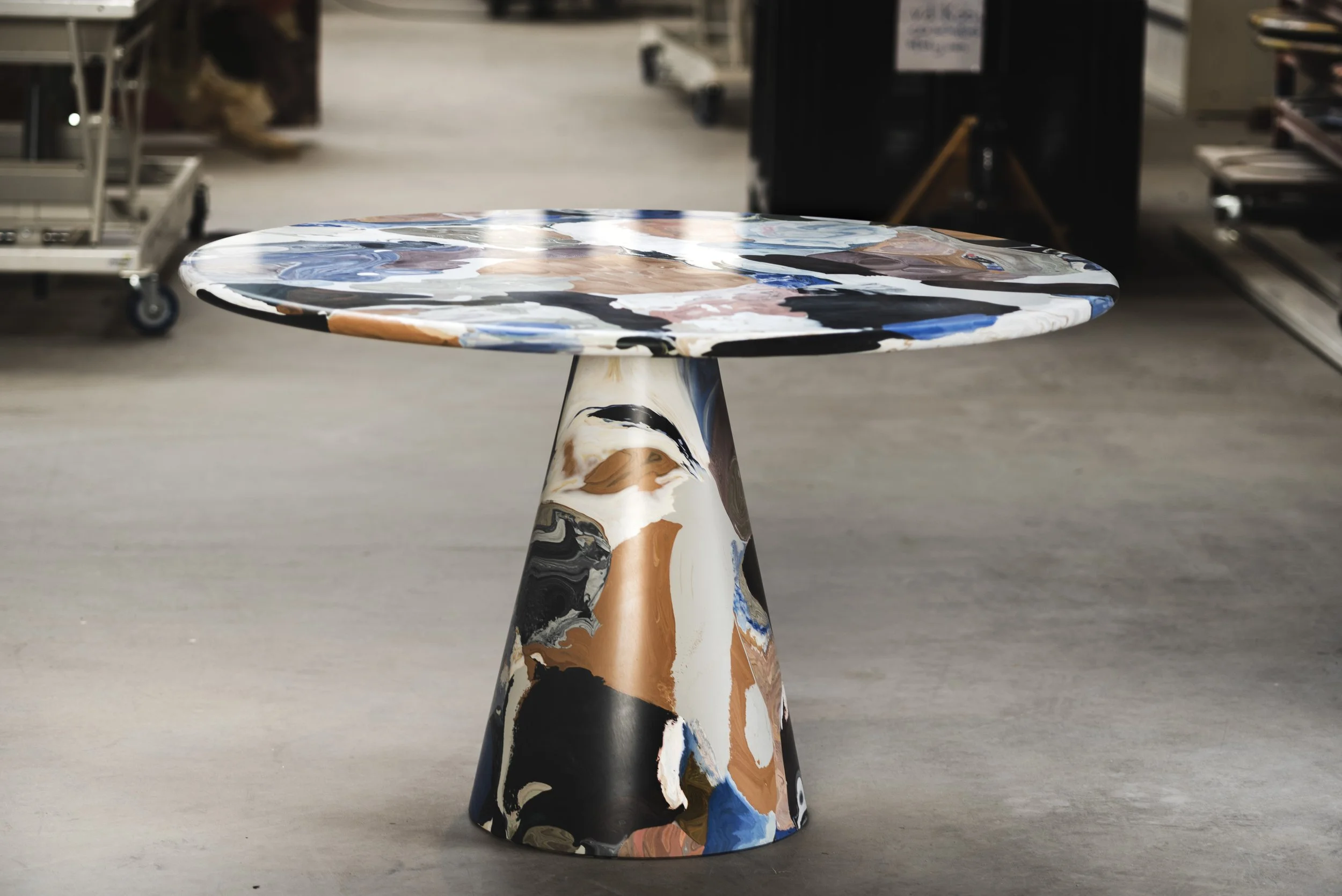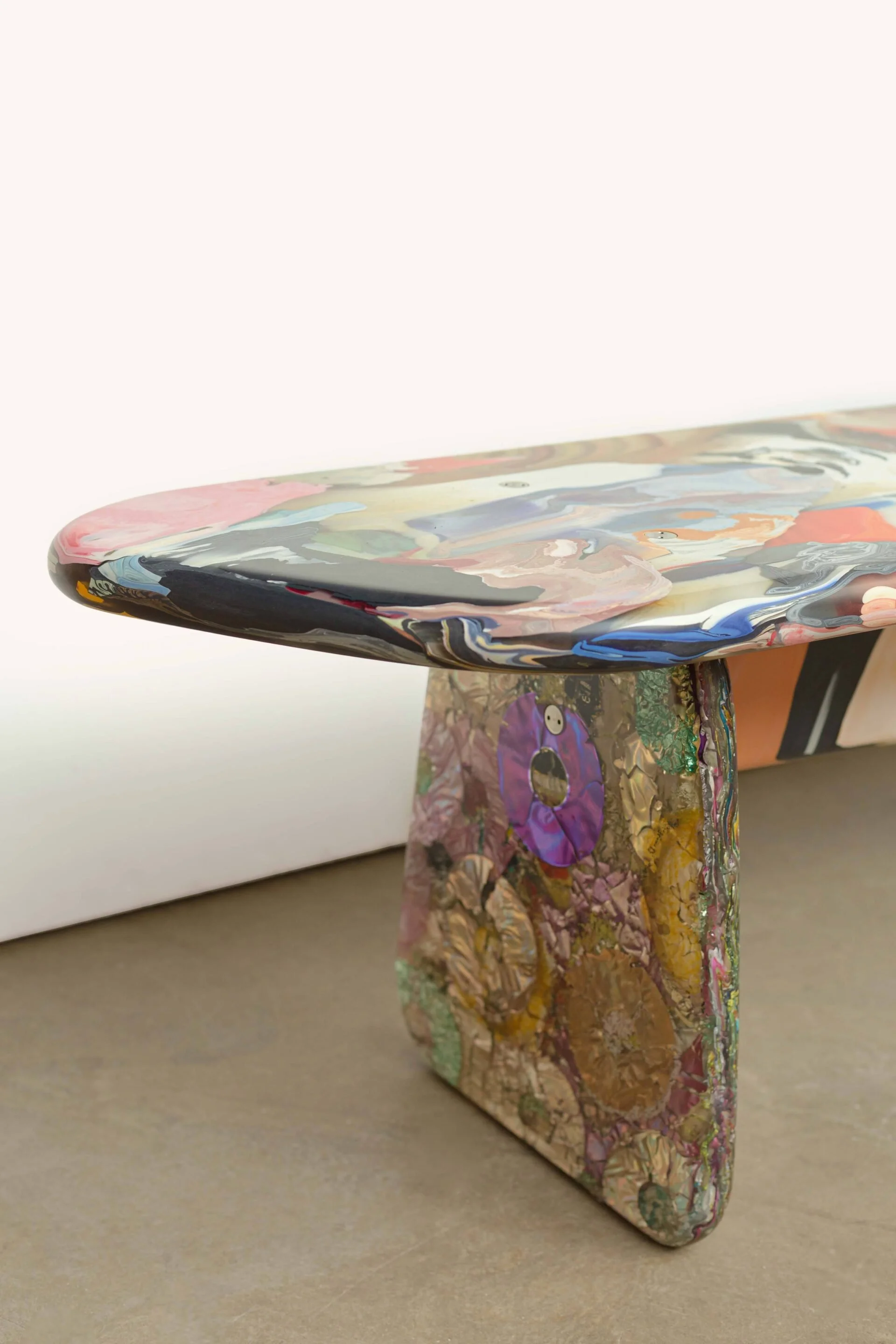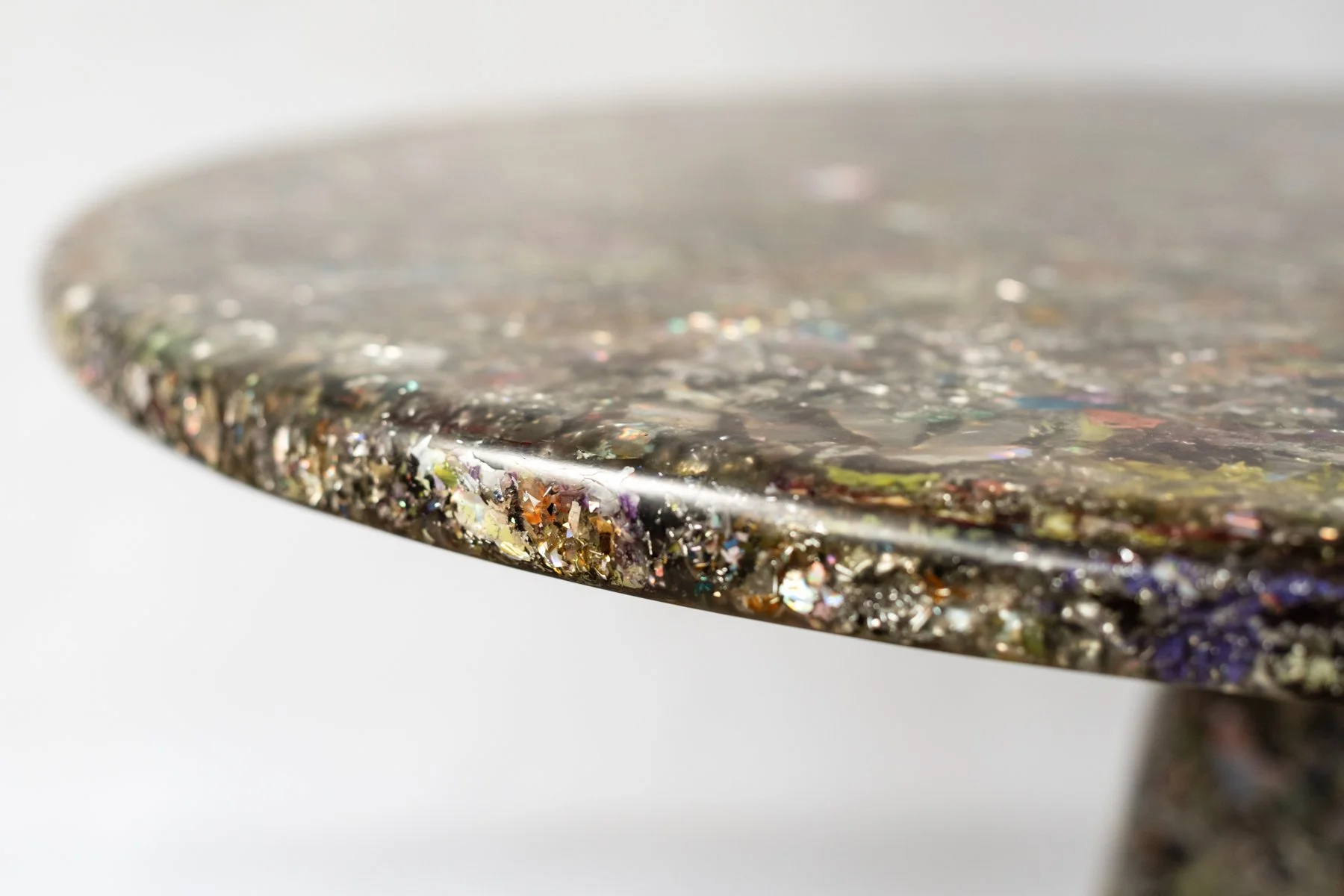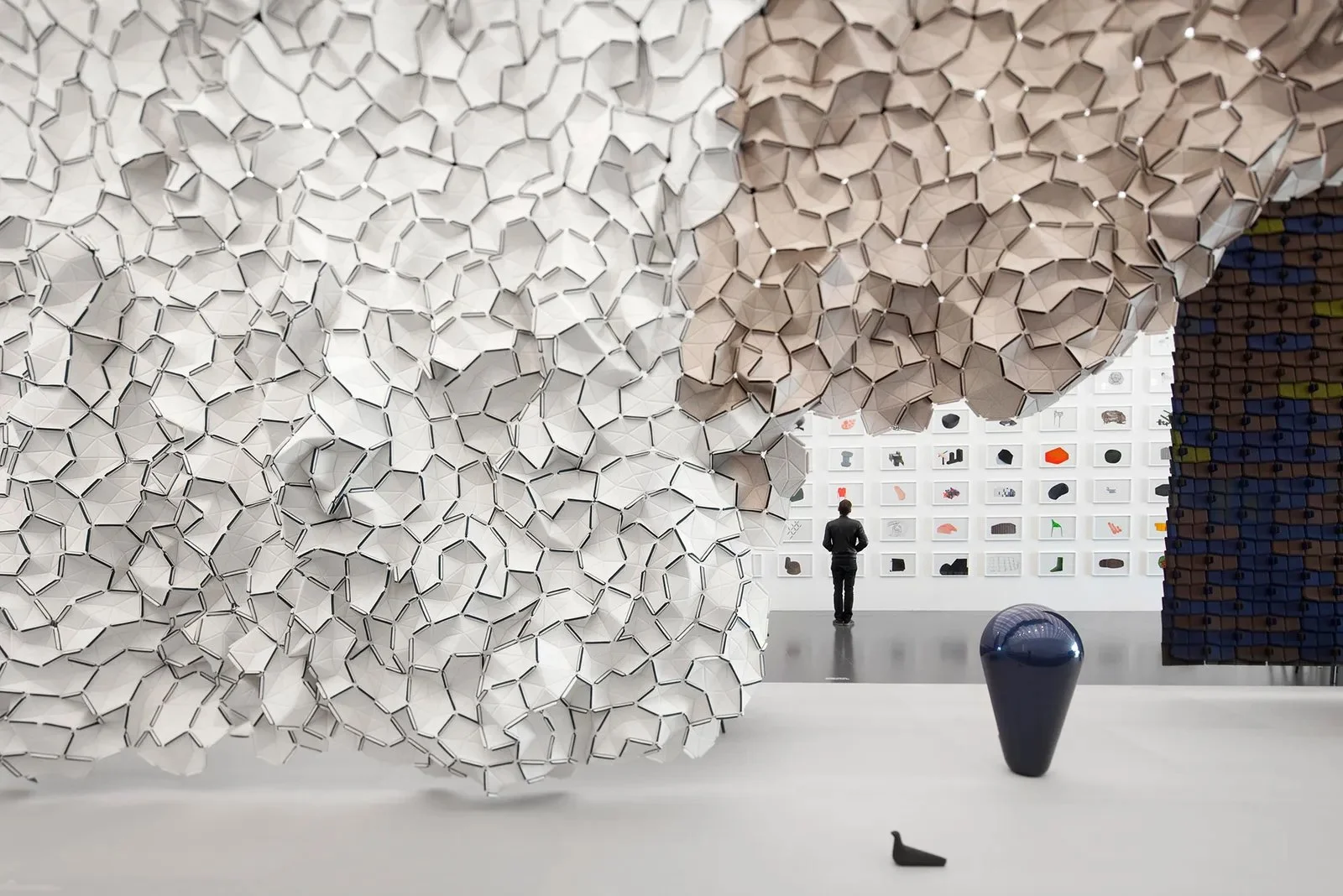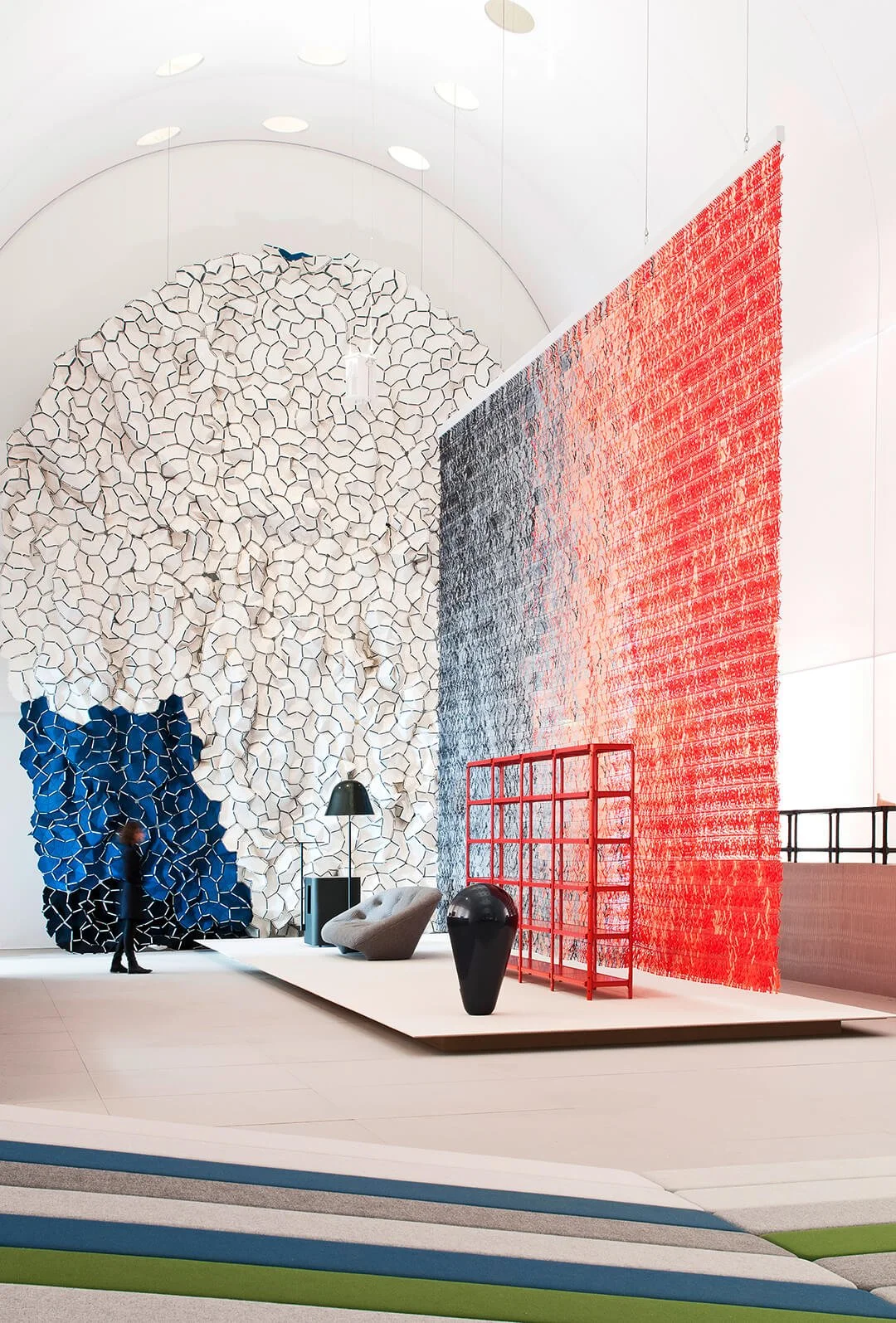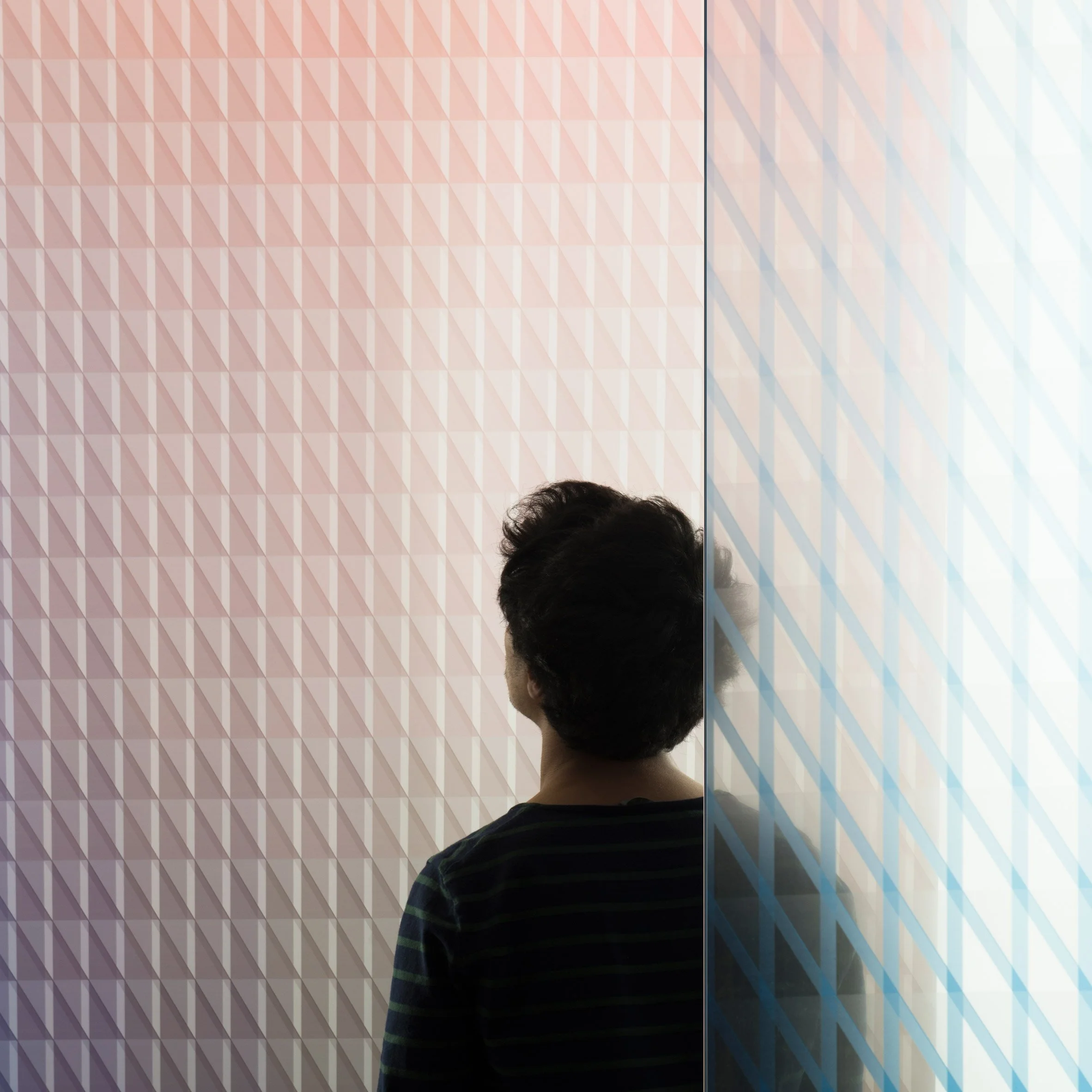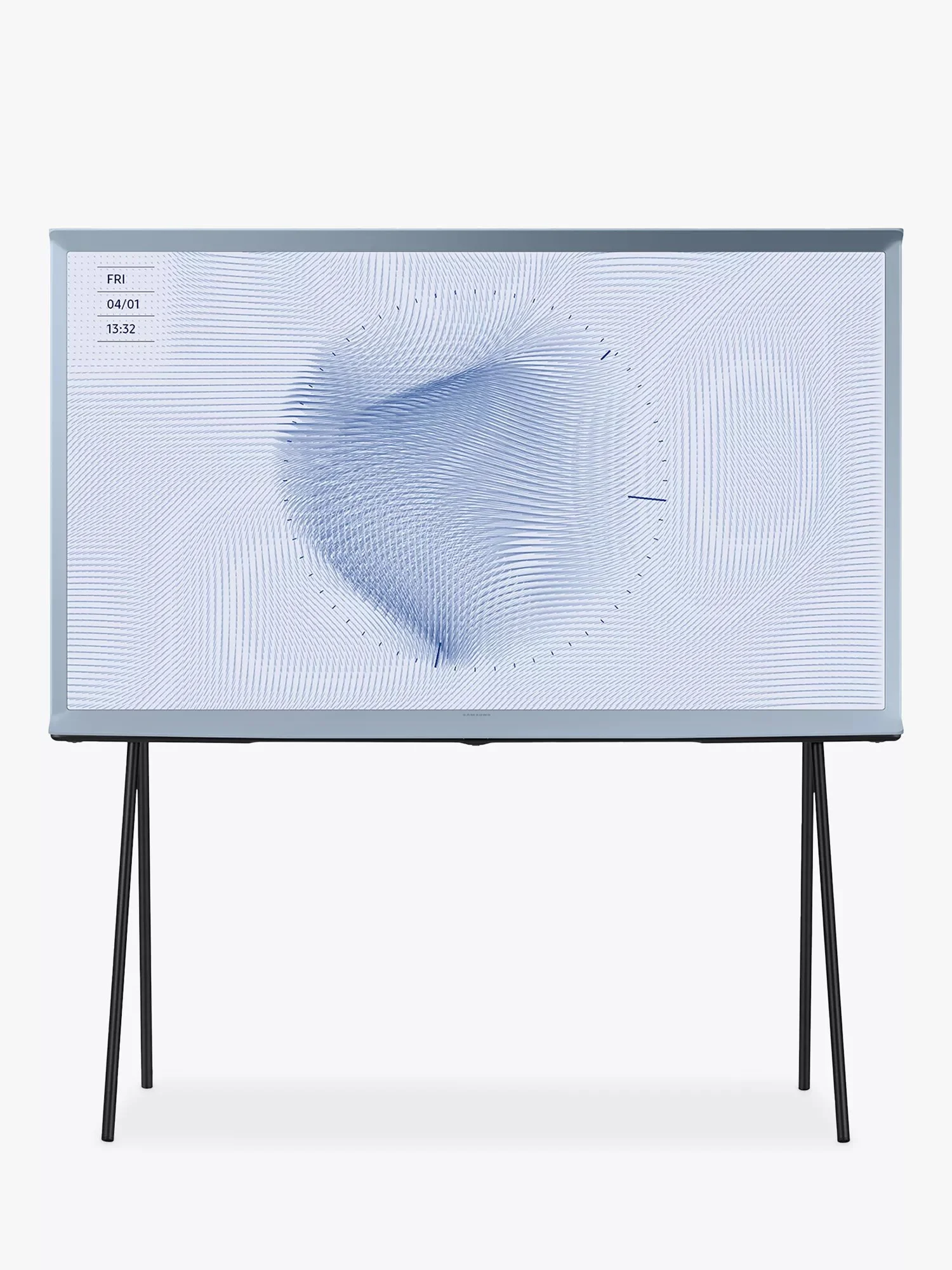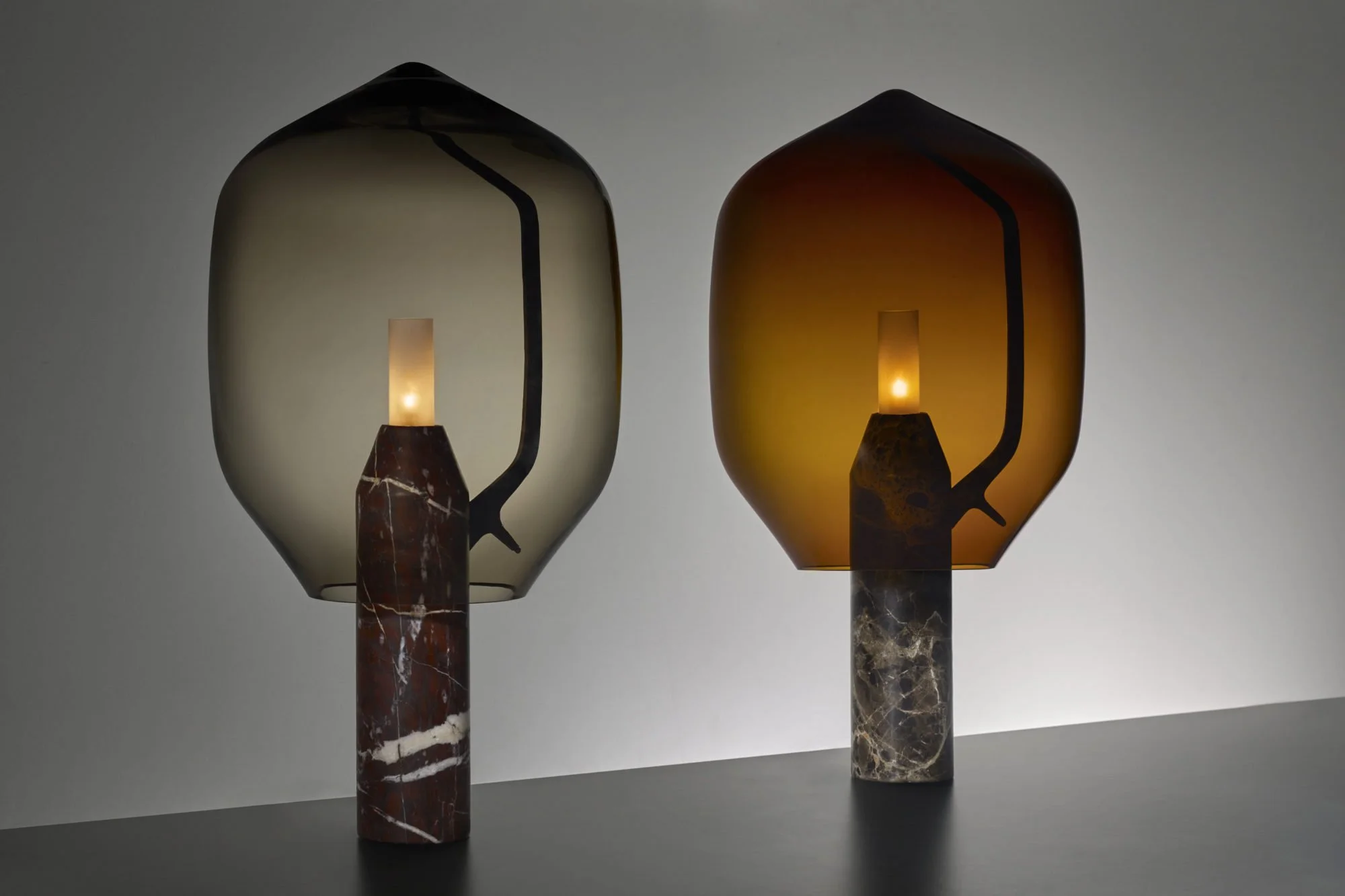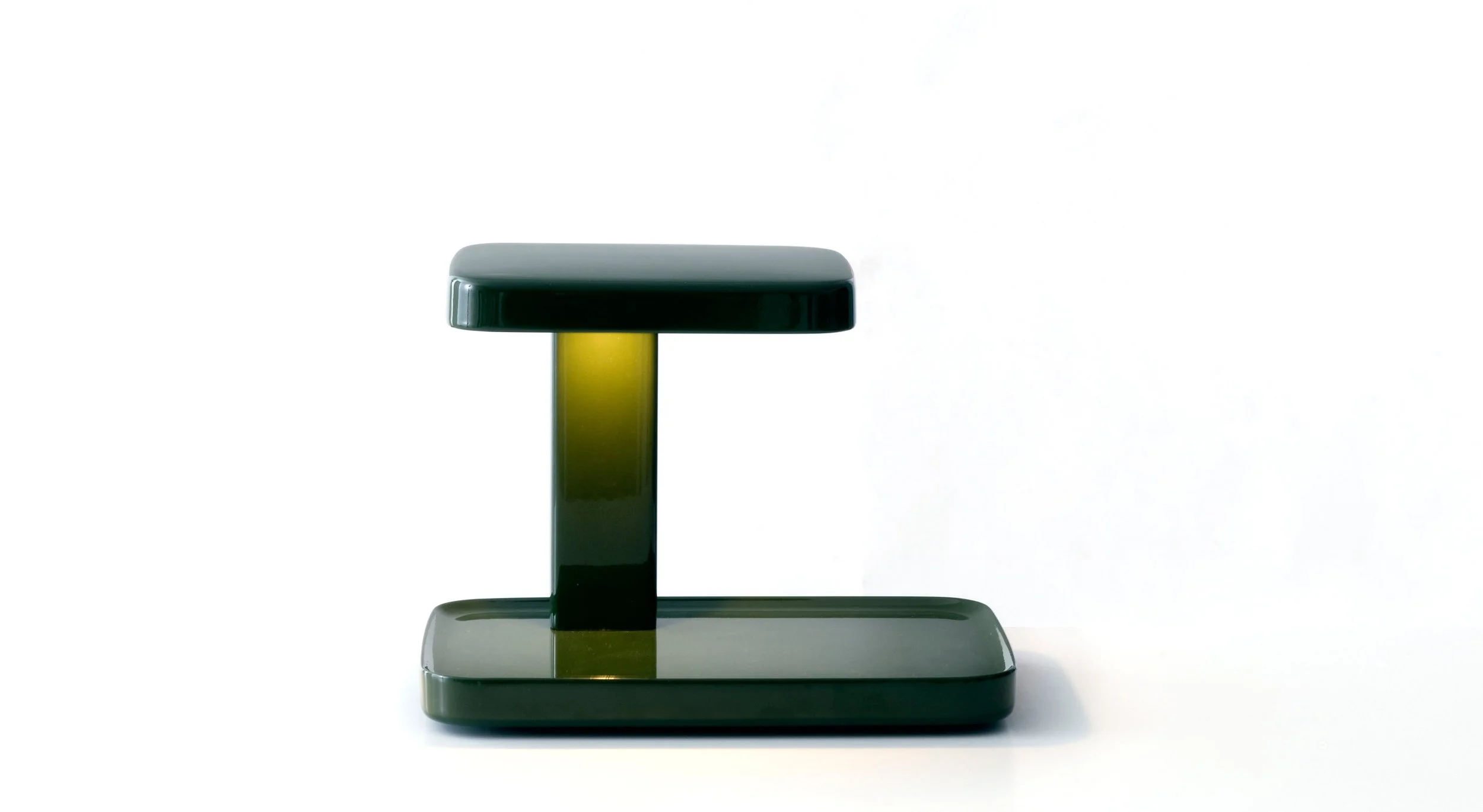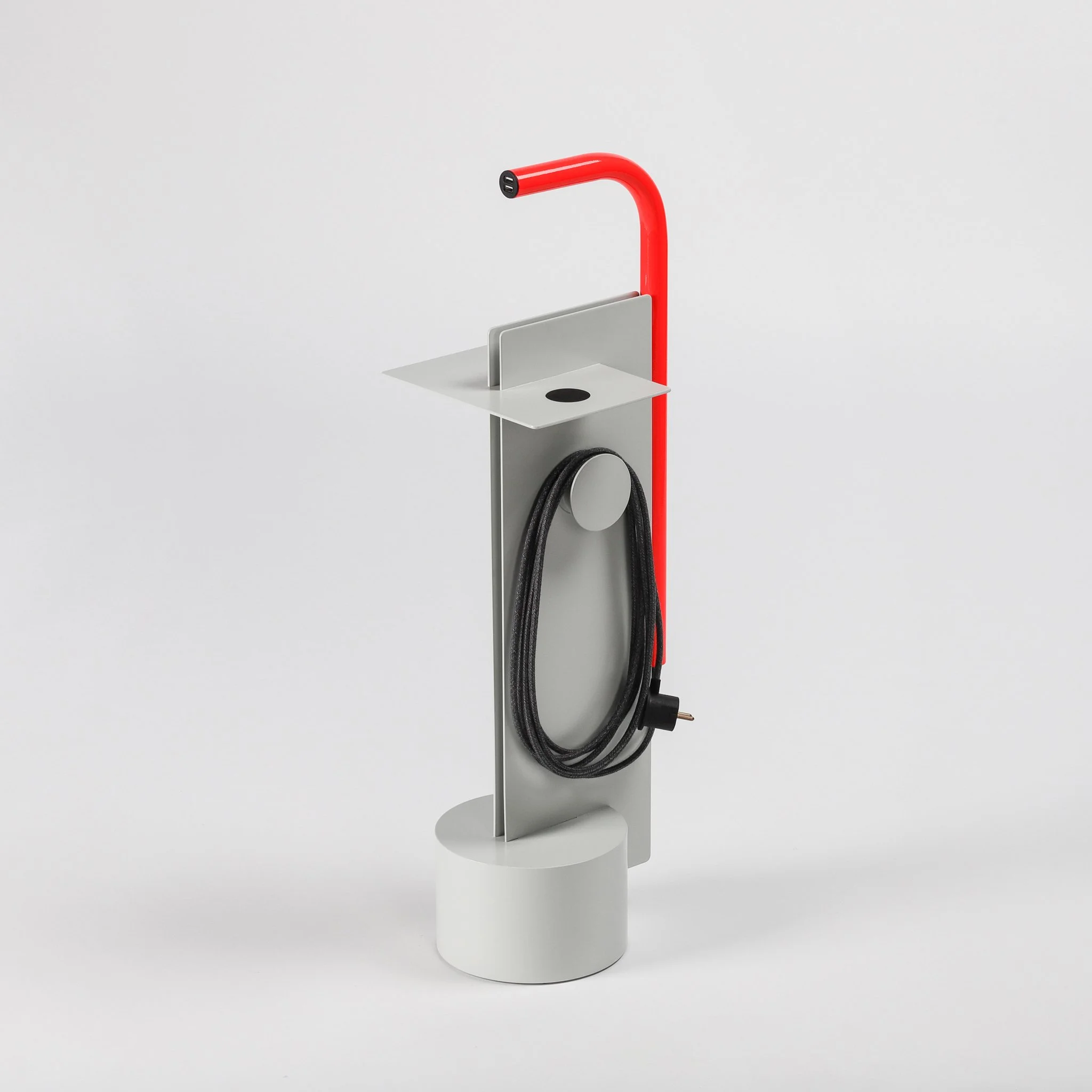 Image 1 of 9
Image 1 of 9

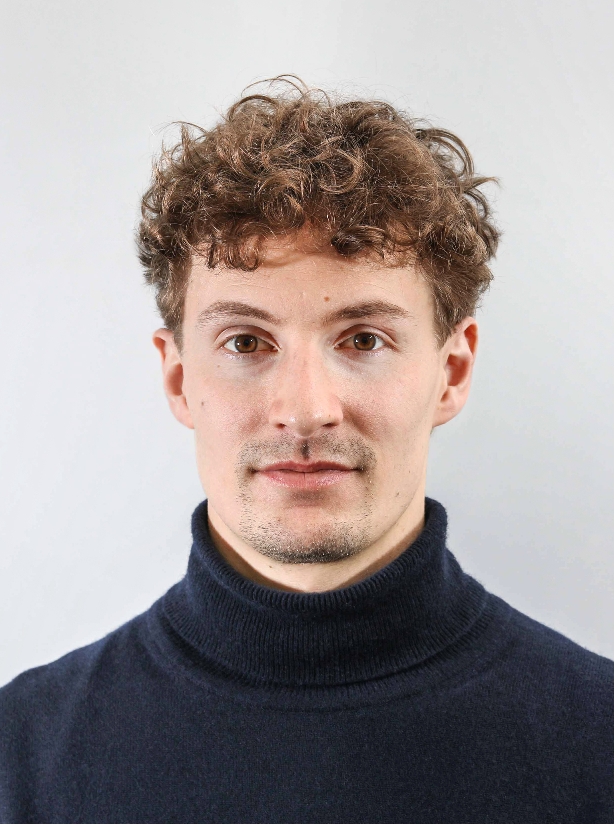 Image 2 of 9
Image 2 of 9

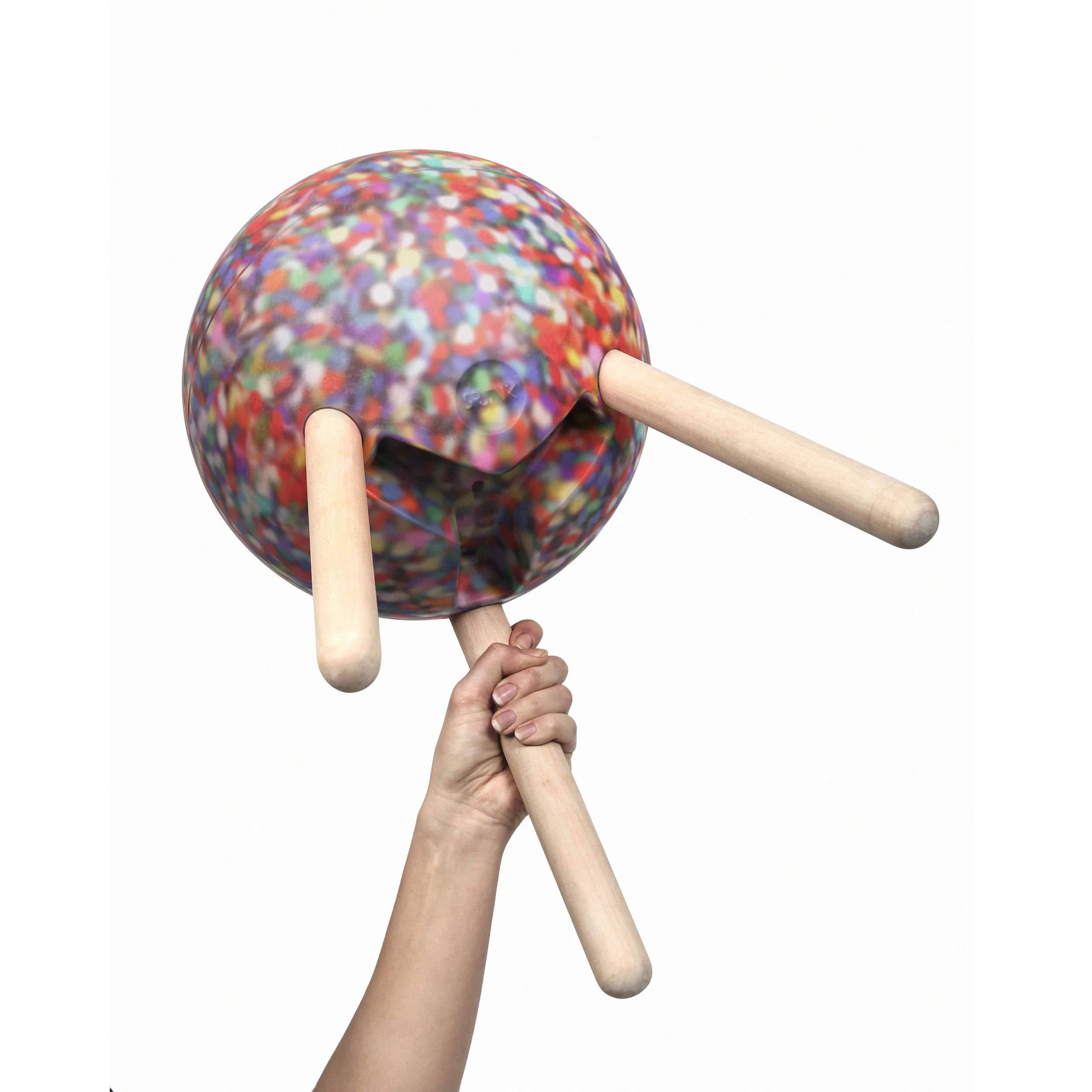 Image 3 of 9
Image 3 of 9

 Image 4 of 9
Image 4 of 9

 Image 5 of 9
Image 5 of 9

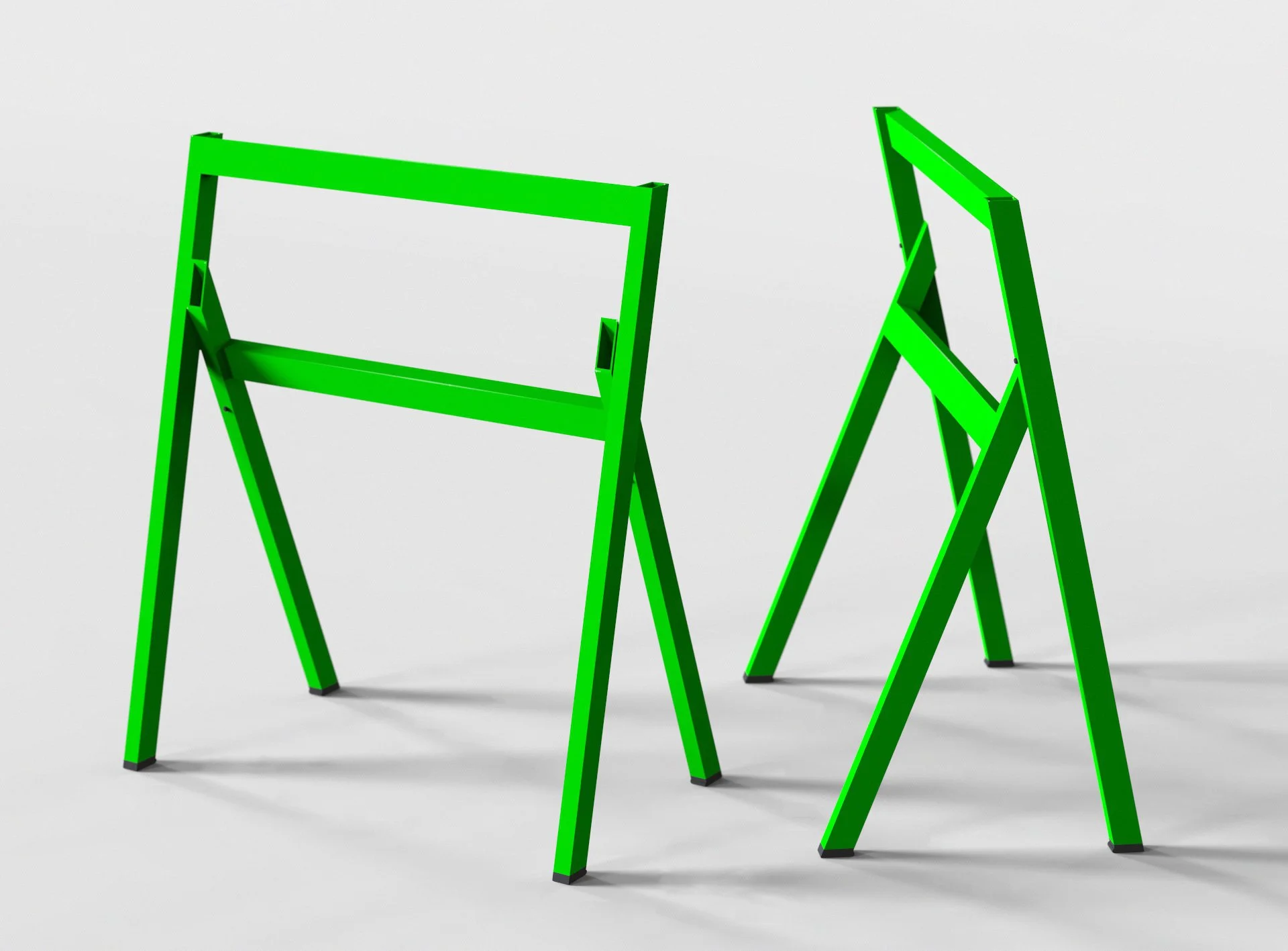 Image 6 of 9
Image 6 of 9

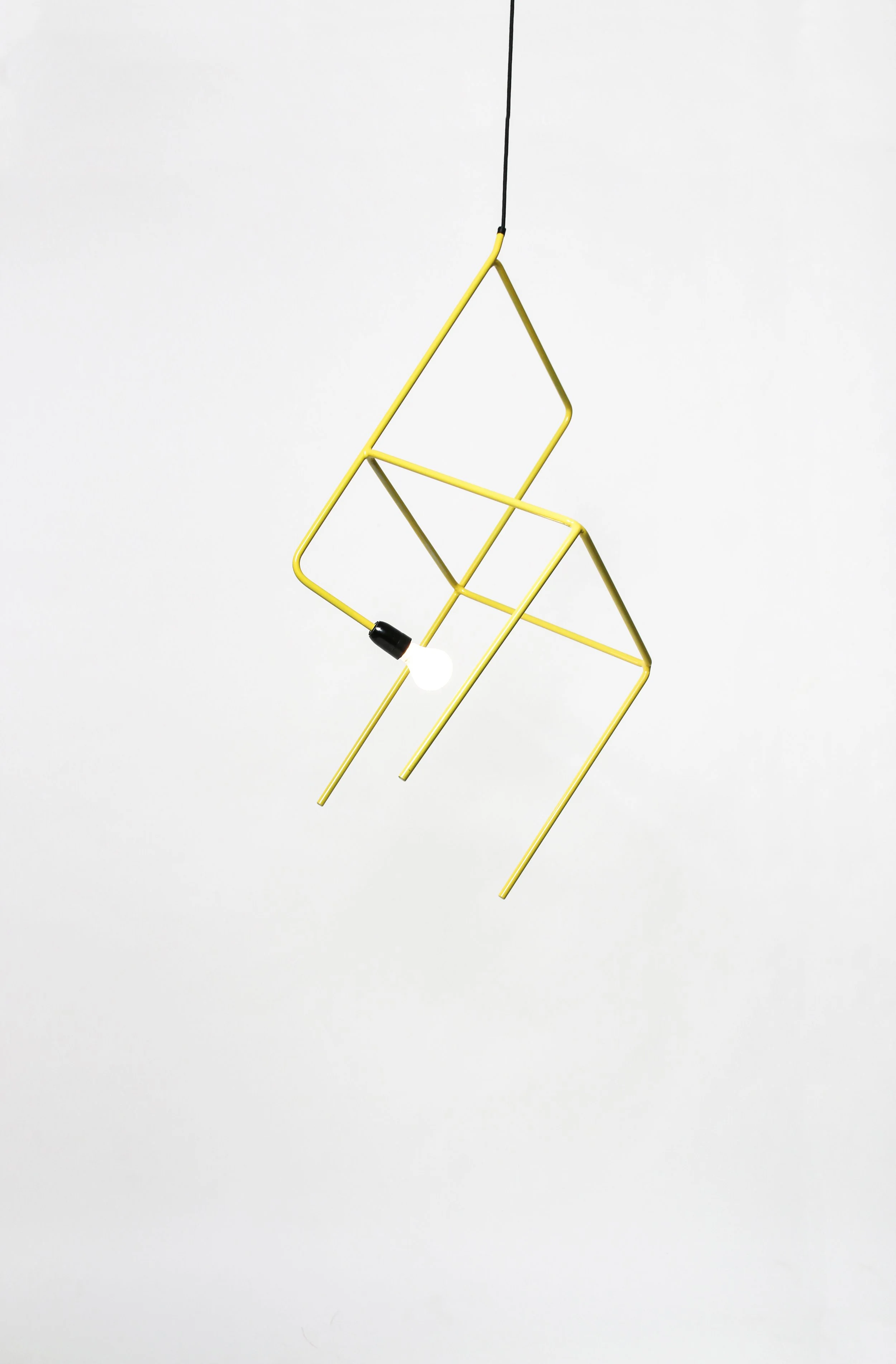 Image 7 of 9
Image 7 of 9

 Image 8 of 9
Image 8 of 9

 Image 9 of 9
Image 9 of 9










Philipp Hainke is a product designer with a focus on circular economy
Philipp Hainke is a German industrial designer who established his studio with a focus on sustainable design practices and circular economy strategies. Founded with the mission to create innovative products that address environmental challenges, Philipp Hainke's current approach emphasizes developing zero-waste products and exploring renewable materials. Core values include sustainability, innovation, and social responsibility, with a purpose to redefine the relationship between design, materials, and the environment.
Location
Headquarters: Germany.
Primary manufacturing/operations locations: Various locations based on project requirements and collaborations.
The Circular Vision
Core circular economy principles: Designing out waste, using renewable and sustainable materials, and creating products that promote environmental awareness and sustainable practices.
Key innovations: Development of projects like "Organico," which explores carbon-neutral furniture made from renewable materials, and focuses on recycling and circular economy principles.
Prioritization of local sourcing and closed-loop supply chains: Emphasis on using renewable materials and sustainable production methods to minimize environmental impact and support circular economy initiatives.
Pioneering Solutions
Flagship projects: "Organico" (carbon-neutral furniture using renewable materials), and other projects focusing on zero-waste product development and sustainable design solutions.
Unique value propositions: High-quality, innovative design solutions that prioritize circularity, material innovation, and environmental responsibility. Philipp Hainke's work is known for its ability to create sustainable alternatives in product design.
The Regenerative Future
R&D focus areas: Advancing sustainable material development, exploring new applications for renewable materials, and developing solutions that further reduce waste and energy consumption in product design and manufacturing processes.
Ambitious goals: To lead the industrial design industry in sustainable practices, create zero-waste products, and inspire a shift towards a regenerative approach to design and consumption.
Fact Sheet
Commercial Availability: Design services and products available through collaborations, exhibitions, and partnerships with brands and institutions.
Circularity Rating: 5/5 (Strong focus on circular economy principles and waste reduction).
Key Certifications: Information not available, but recognized with awards such as the SaloneSatellite.Milano Second Award in 2019.
Cost Rating: Information not available.
Material Passport: Detailed material traceability and use of renewable and sustainable materials in projects.
Designed for Disassembly: Information not explicitly provided, but emphasis on circularity suggests consideration for product lifecycle.
Carbon Performance: Focus on reducing carbon footprint through the use of renewable materials and sustainable production methods. Committed to developing carbon-neutral furniture solutions.
Key Takeaway
Philipp Hainke transforms the industrial design industry through innovative, sustainable solutions that prioritize circular economy principles, setting a benchmark for environmental responsibility and material innovation in contemporary product design.
Explore Further
Philipp Hainke website: www.philipphainke.com
Project example: Power Place
Philipp Hainke is a German industrial designer who established his studio with a focus on sustainable design practices and circular economy strategies. Founded with the mission to create innovative products that address environmental challenges, Philipp Hainke's current approach emphasizes developing zero-waste products and exploring renewable materials. Core values include sustainability, innovation, and social responsibility, with a purpose to redefine the relationship between design, materials, and the environment.
Location
Headquarters: Germany.
Primary manufacturing/operations locations: Various locations based on project requirements and collaborations.
The Circular Vision
Core circular economy principles: Designing out waste, using renewable and sustainable materials, and creating products that promote environmental awareness and sustainable practices.
Key innovations: Development of projects like "Organico," which explores carbon-neutral furniture made from renewable materials, and focuses on recycling and circular economy principles.
Prioritization of local sourcing and closed-loop supply chains: Emphasis on using renewable materials and sustainable production methods to minimize environmental impact and support circular economy initiatives.
Pioneering Solutions
Flagship projects: "Organico" (carbon-neutral furniture using renewable materials), and other projects focusing on zero-waste product development and sustainable design solutions.
Unique value propositions: High-quality, innovative design solutions that prioritize circularity, material innovation, and environmental responsibility. Philipp Hainke's work is known for its ability to create sustainable alternatives in product design.
The Regenerative Future
R&D focus areas: Advancing sustainable material development, exploring new applications for renewable materials, and developing solutions that further reduce waste and energy consumption in product design and manufacturing processes.
Ambitious goals: To lead the industrial design industry in sustainable practices, create zero-waste products, and inspire a shift towards a regenerative approach to design and consumption.
Fact Sheet
Commercial Availability: Design services and products available through collaborations, exhibitions, and partnerships with brands and institutions.
Circularity Rating: 5/5 (Strong focus on circular economy principles and waste reduction).
Key Certifications: Information not available, but recognized with awards such as the SaloneSatellite.Milano Second Award in 2019.
Cost Rating: Information not available.
Material Passport: Detailed material traceability and use of renewable and sustainable materials in projects.
Designed for Disassembly: Information not explicitly provided, but emphasis on circularity suggests consideration for product lifecycle.
Carbon Performance: Focus on reducing carbon footprint through the use of renewable materials and sustainable production methods. Committed to developing carbon-neutral furniture solutions.
Key Takeaway
Philipp Hainke transforms the industrial design industry through innovative, sustainable solutions that prioritize circular economy principles, setting a benchmark for environmental responsibility and material innovation in contemporary product design.
Explore Further
Philipp Hainke website: www.philipphainke.com
Project example: Power Place
